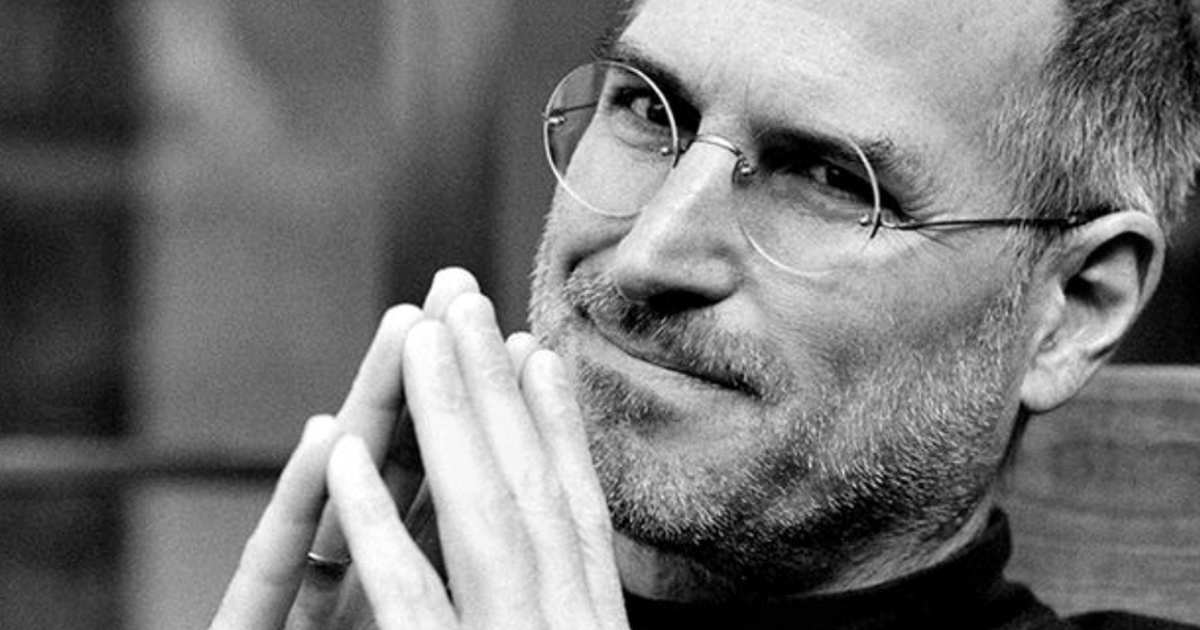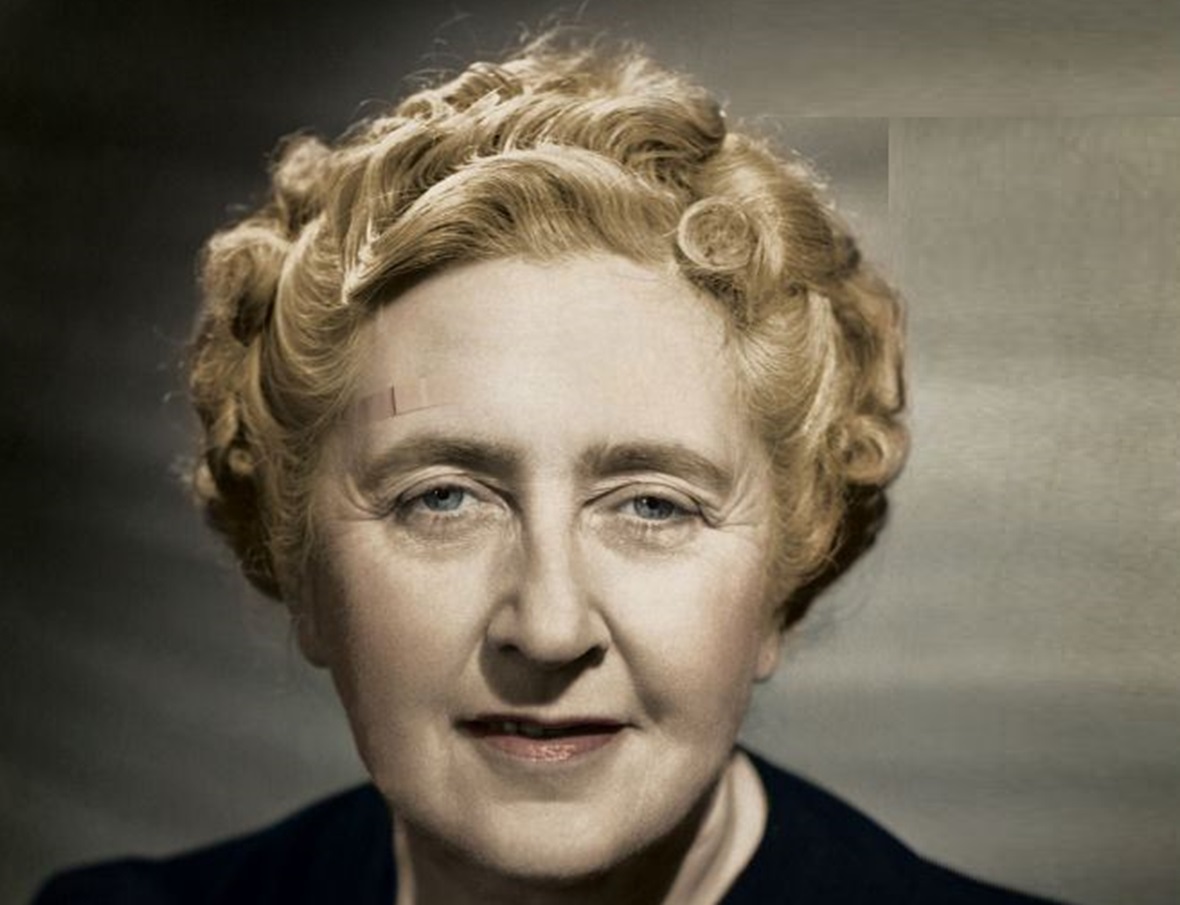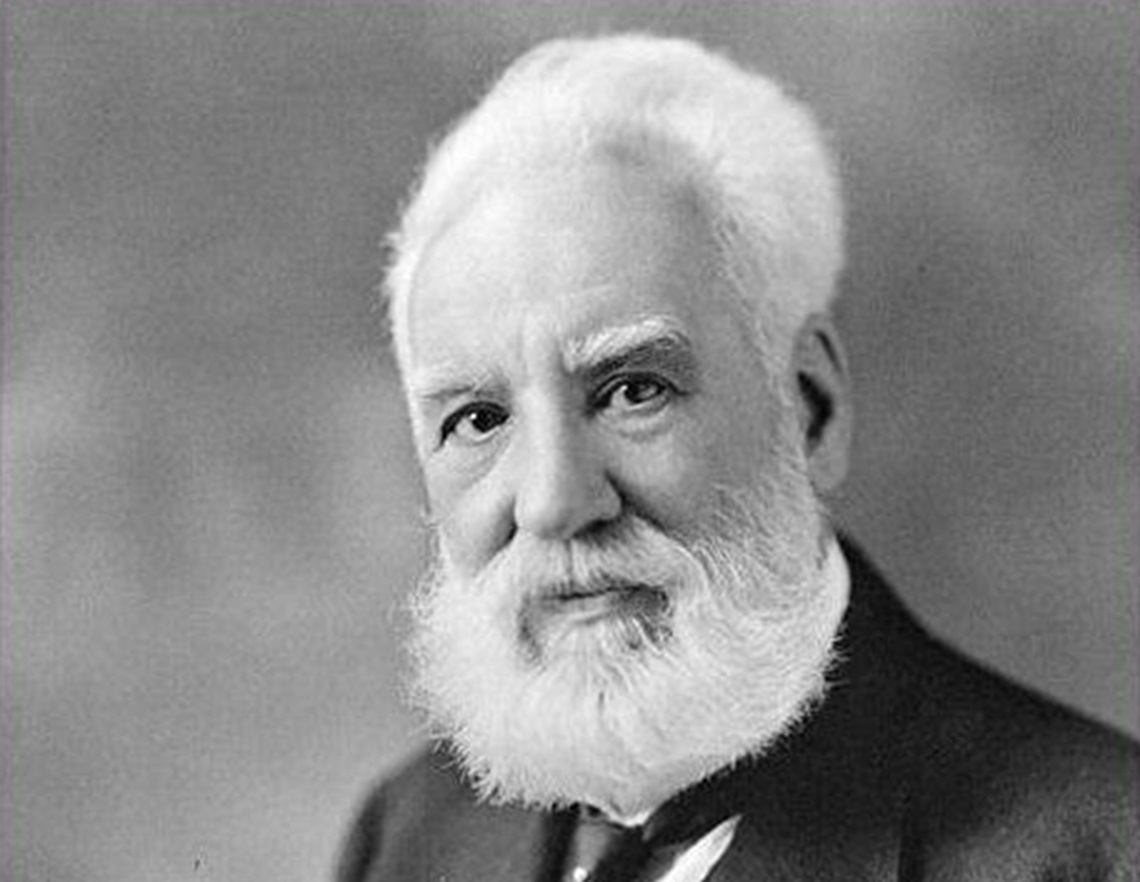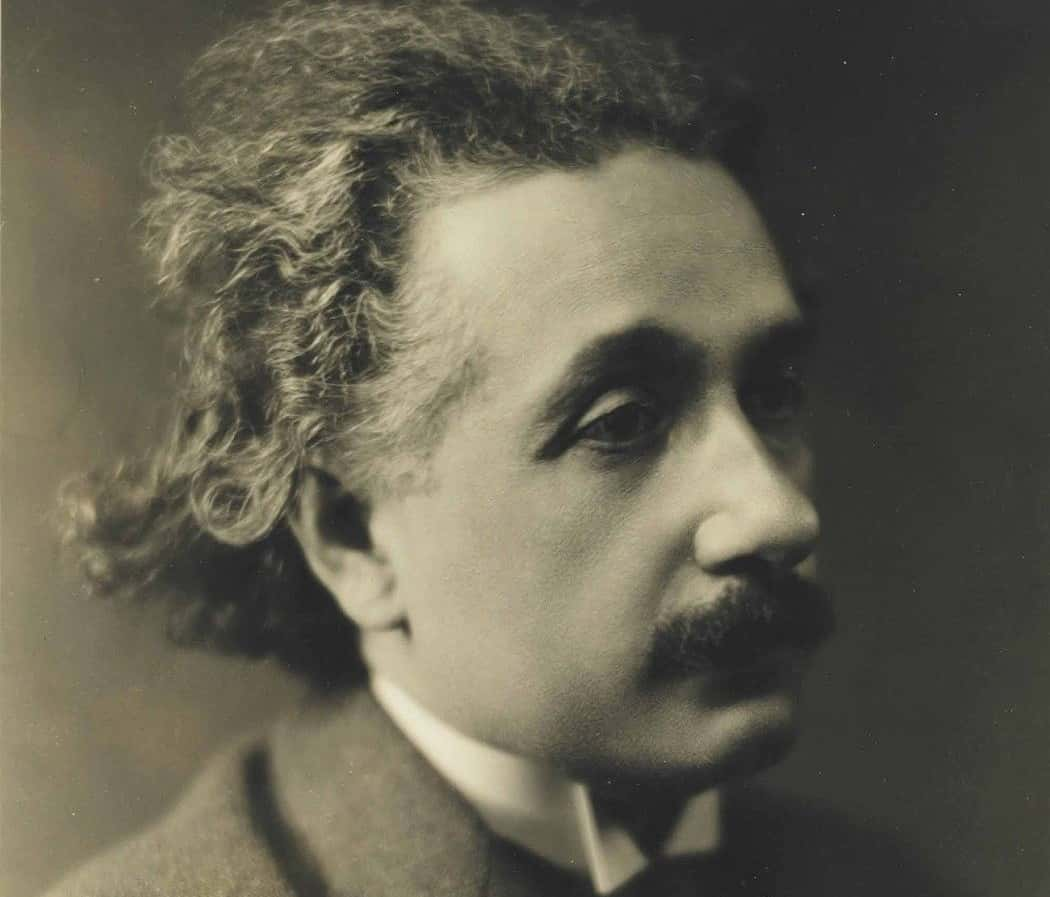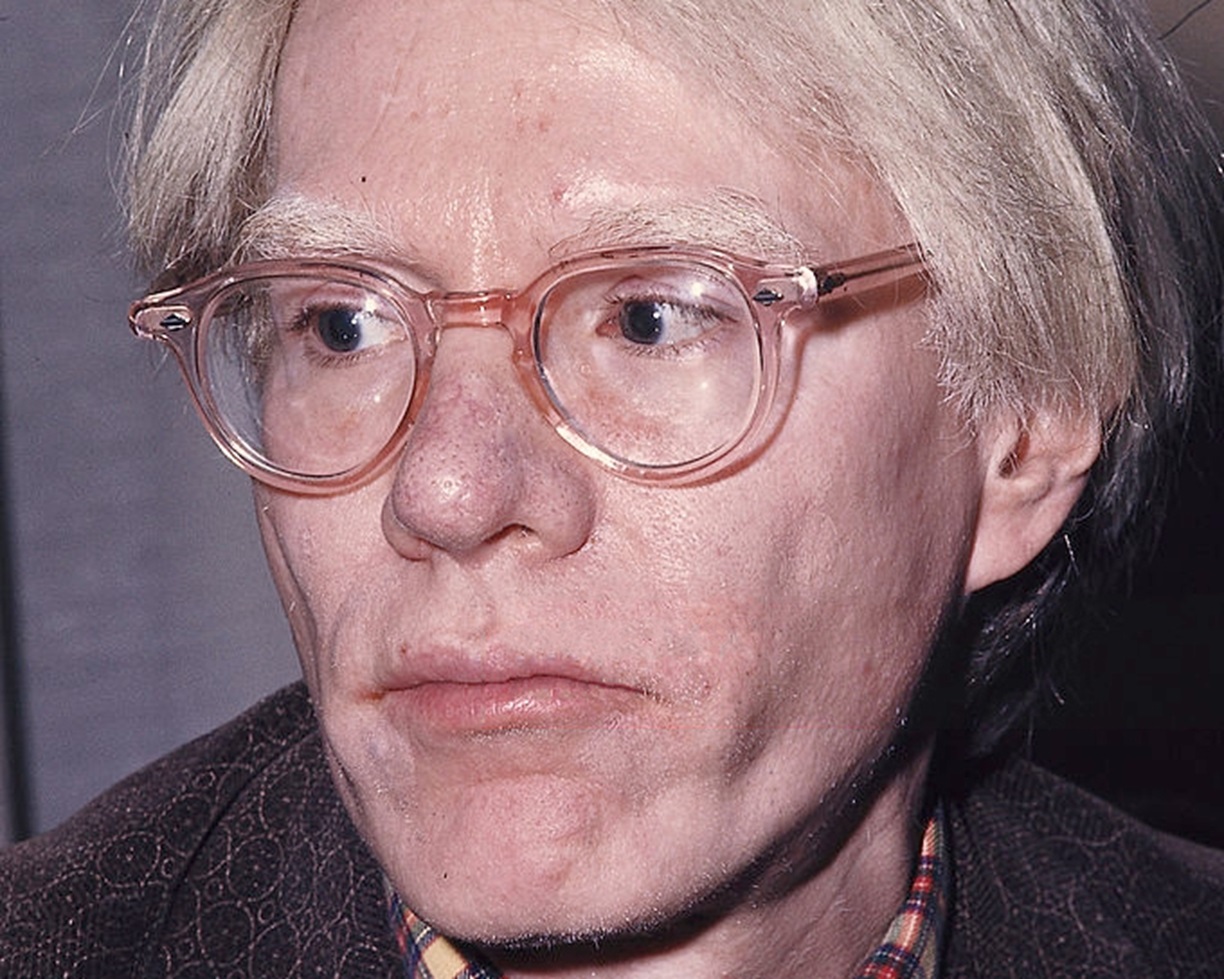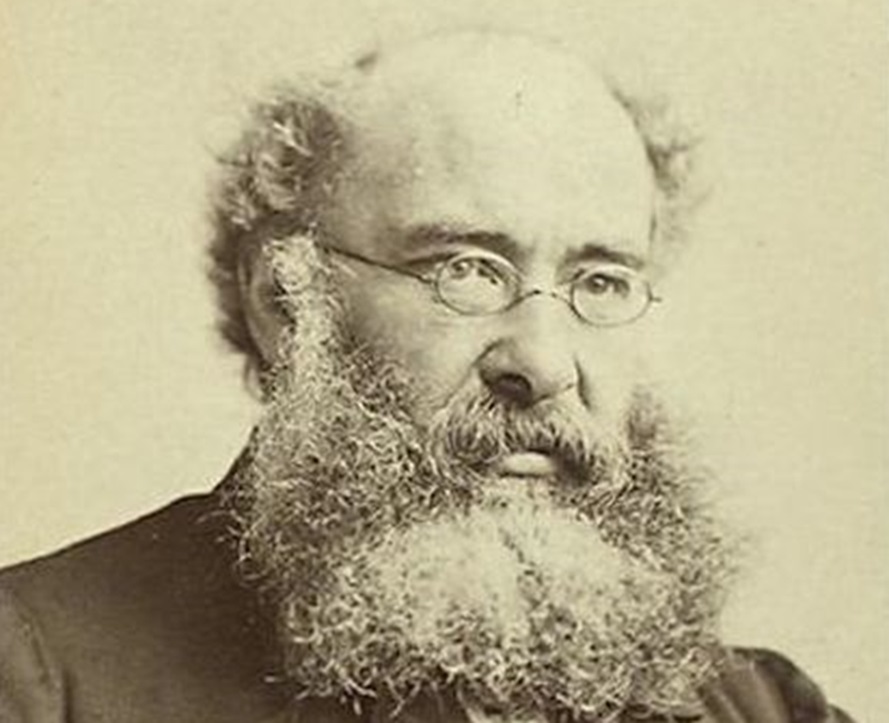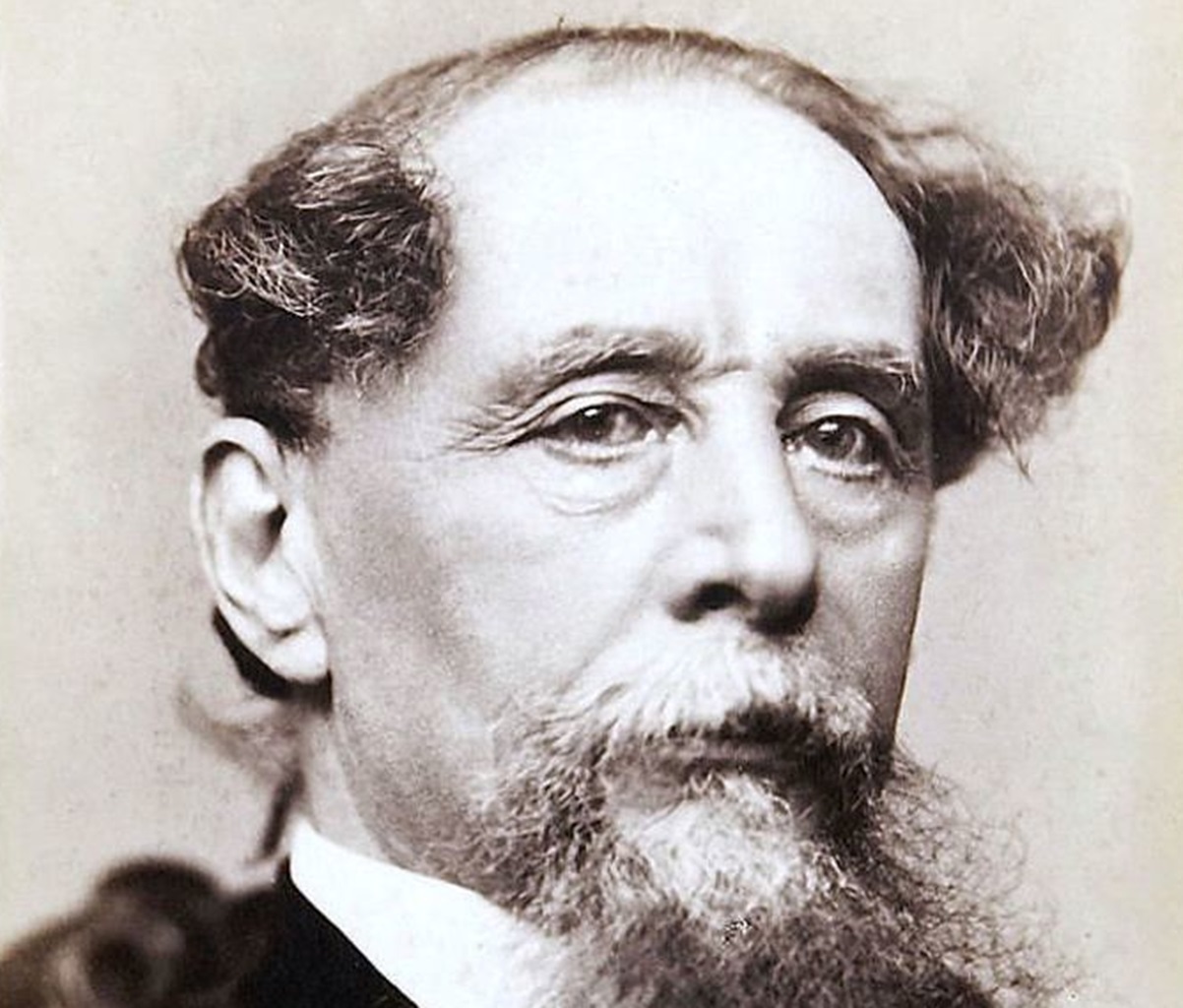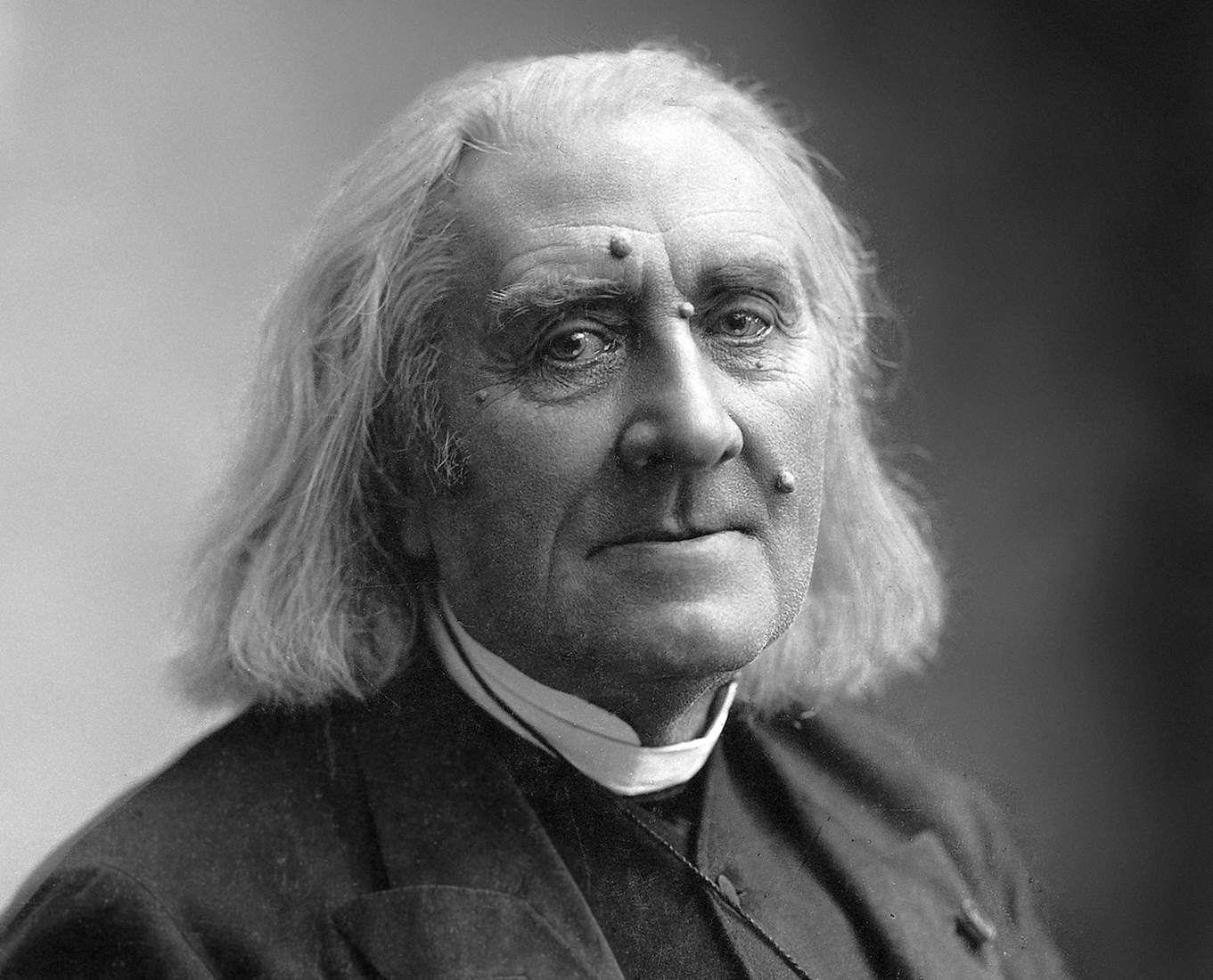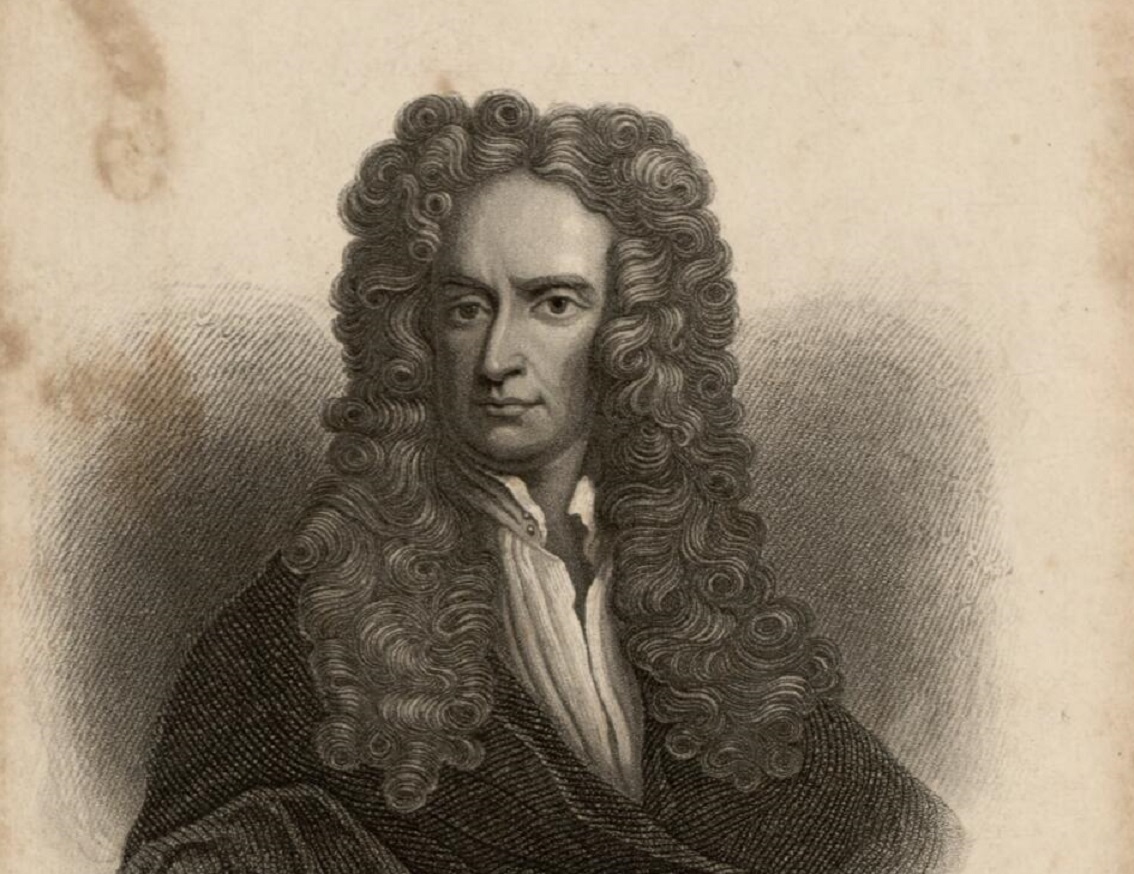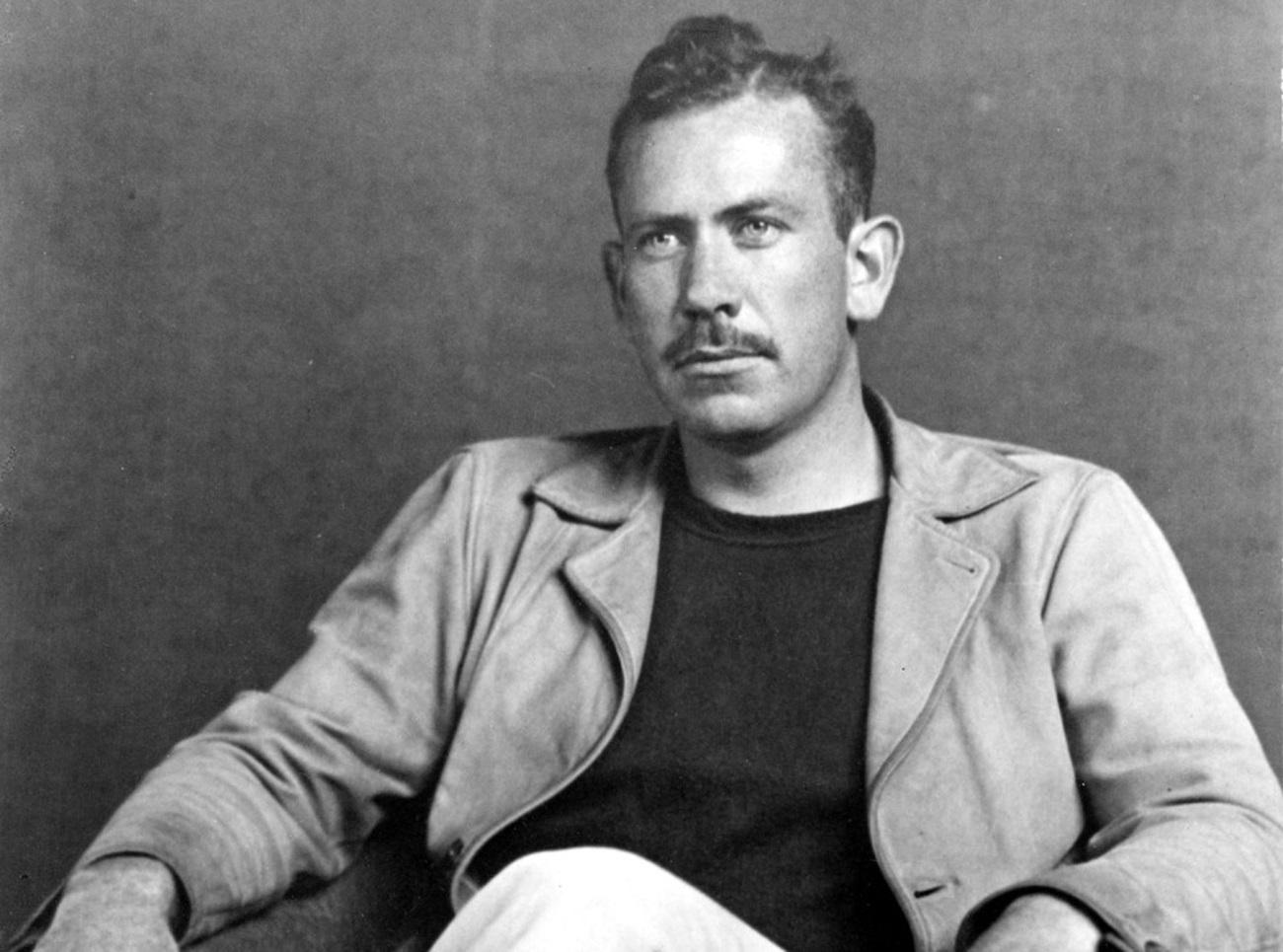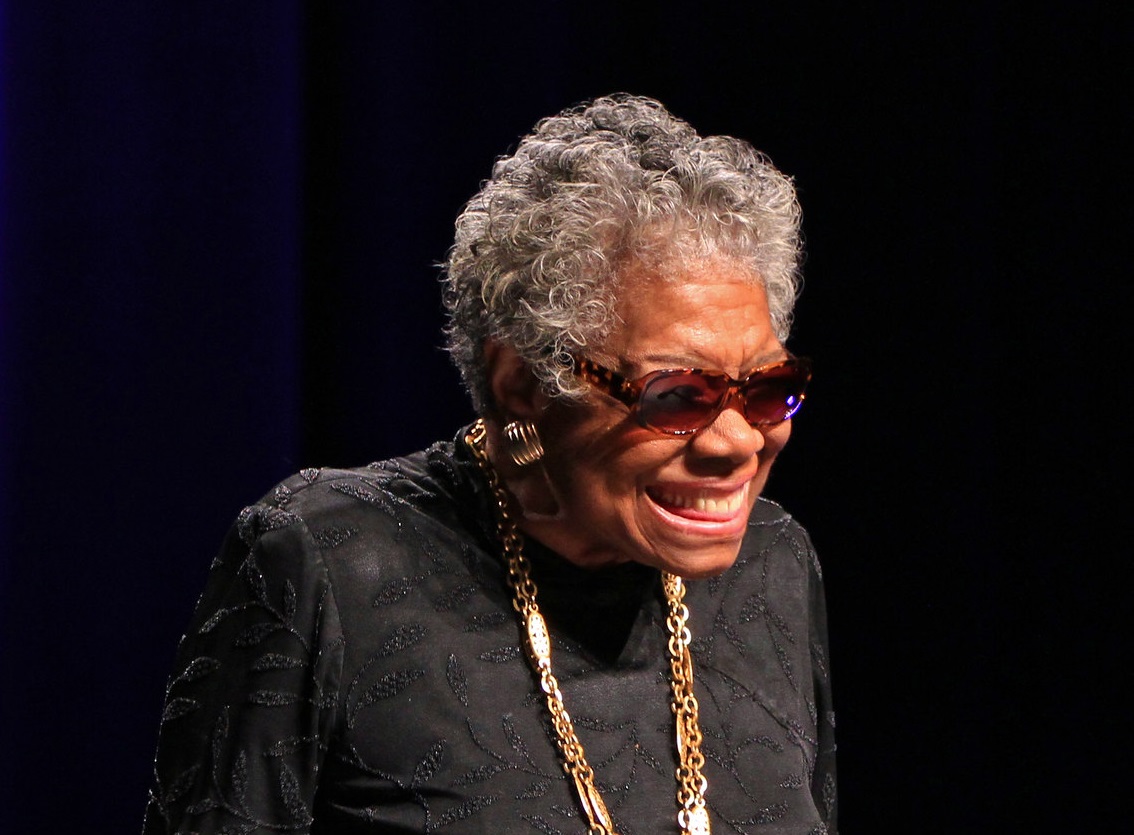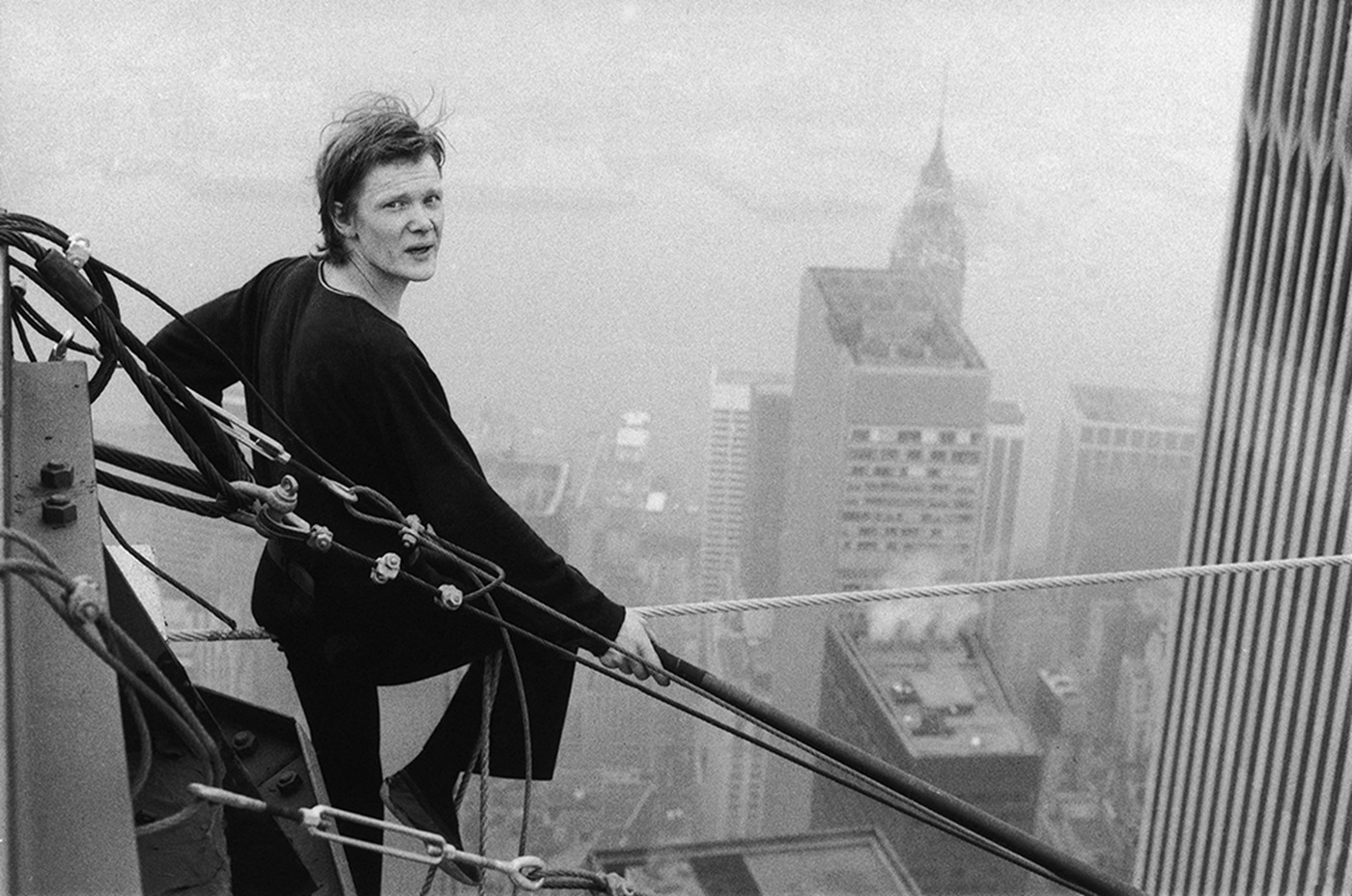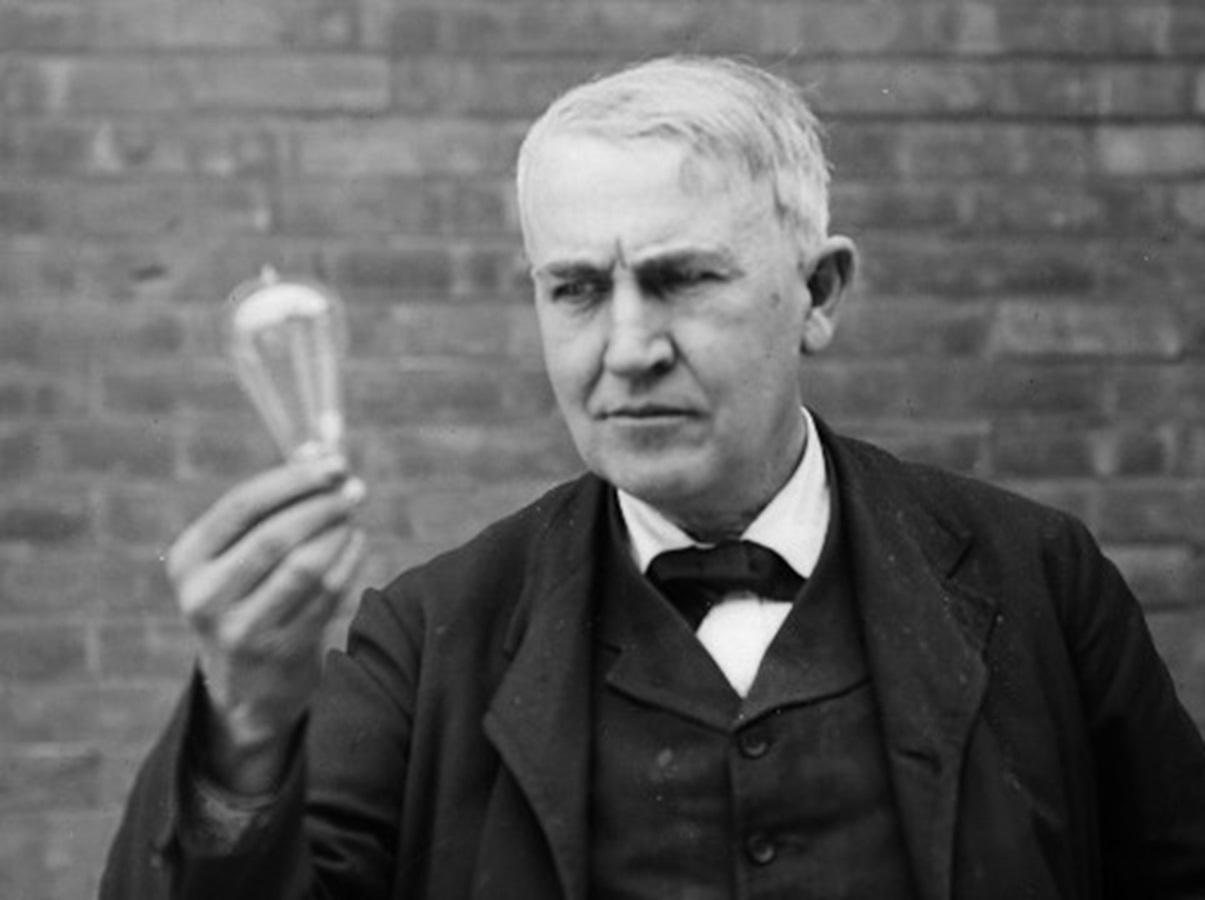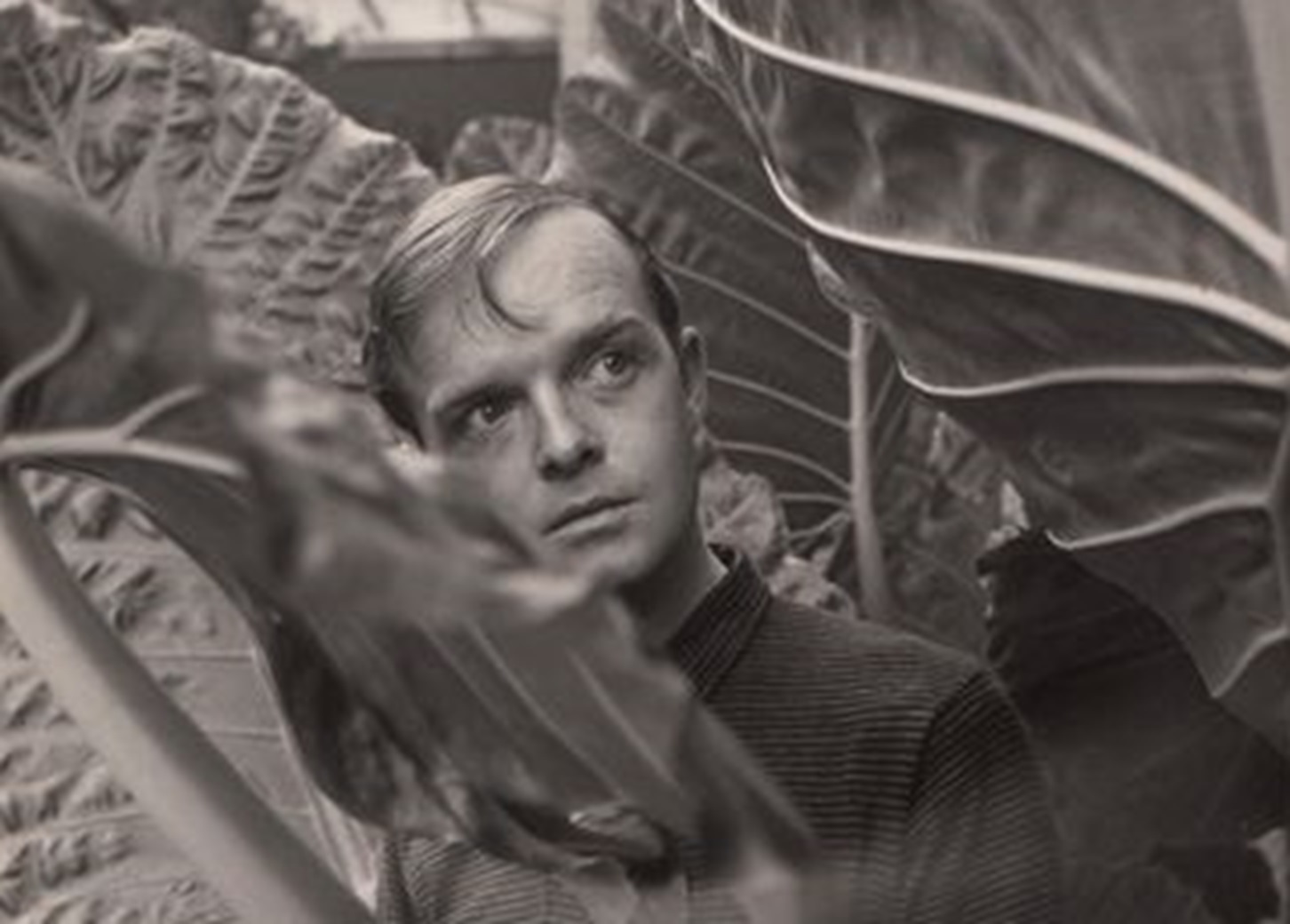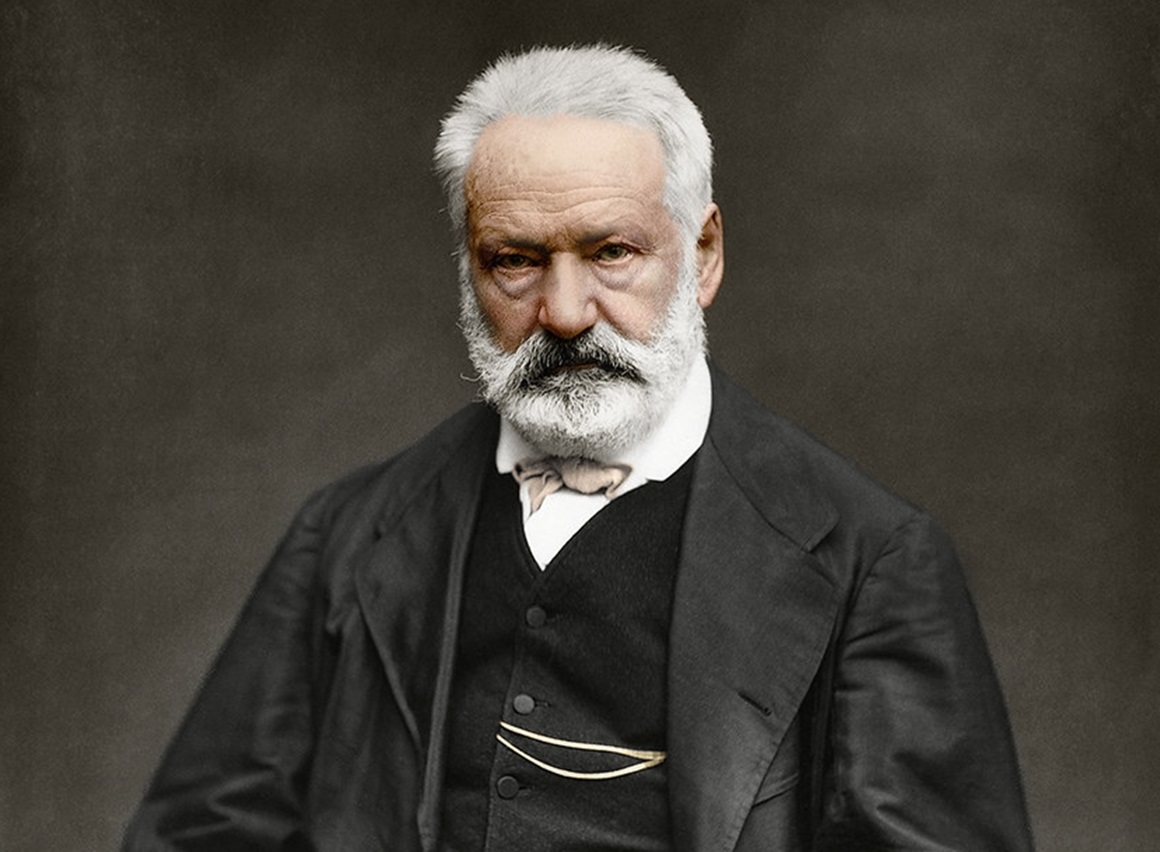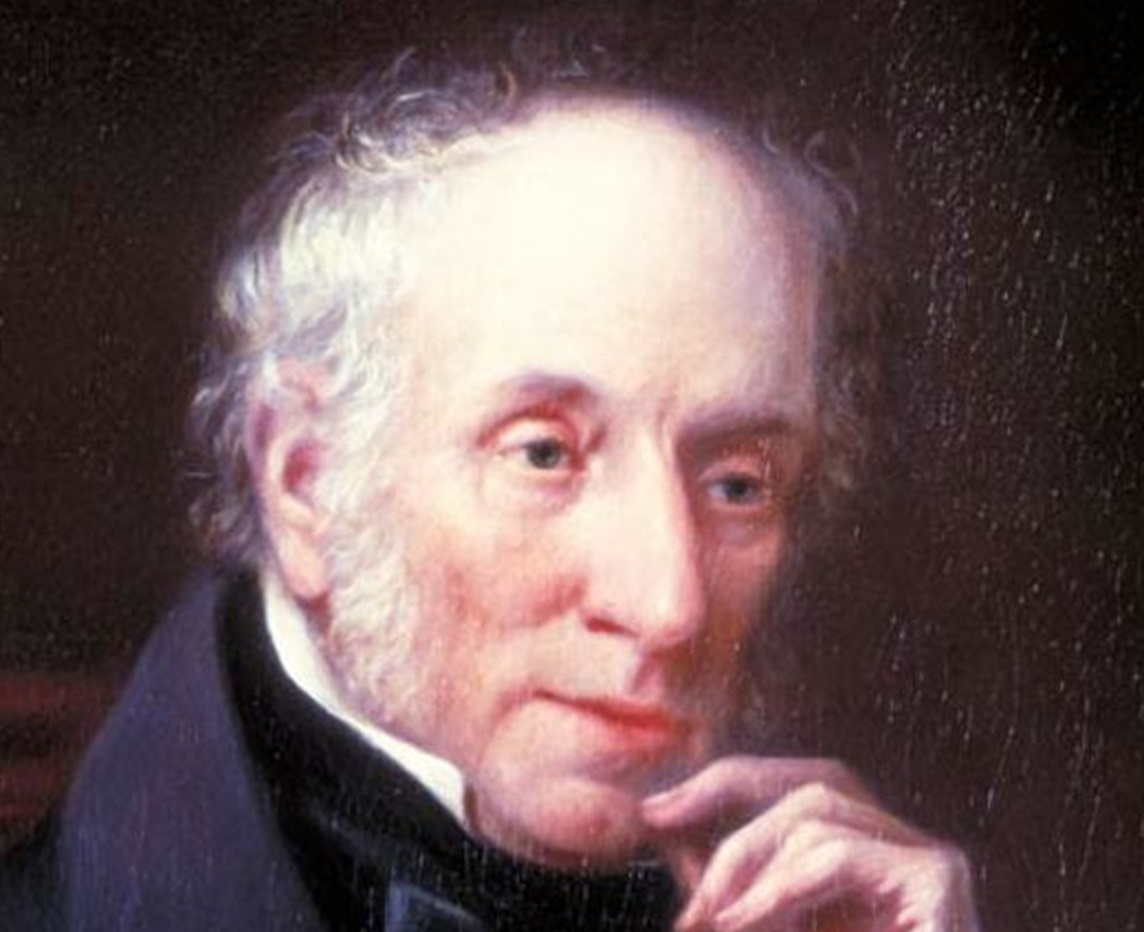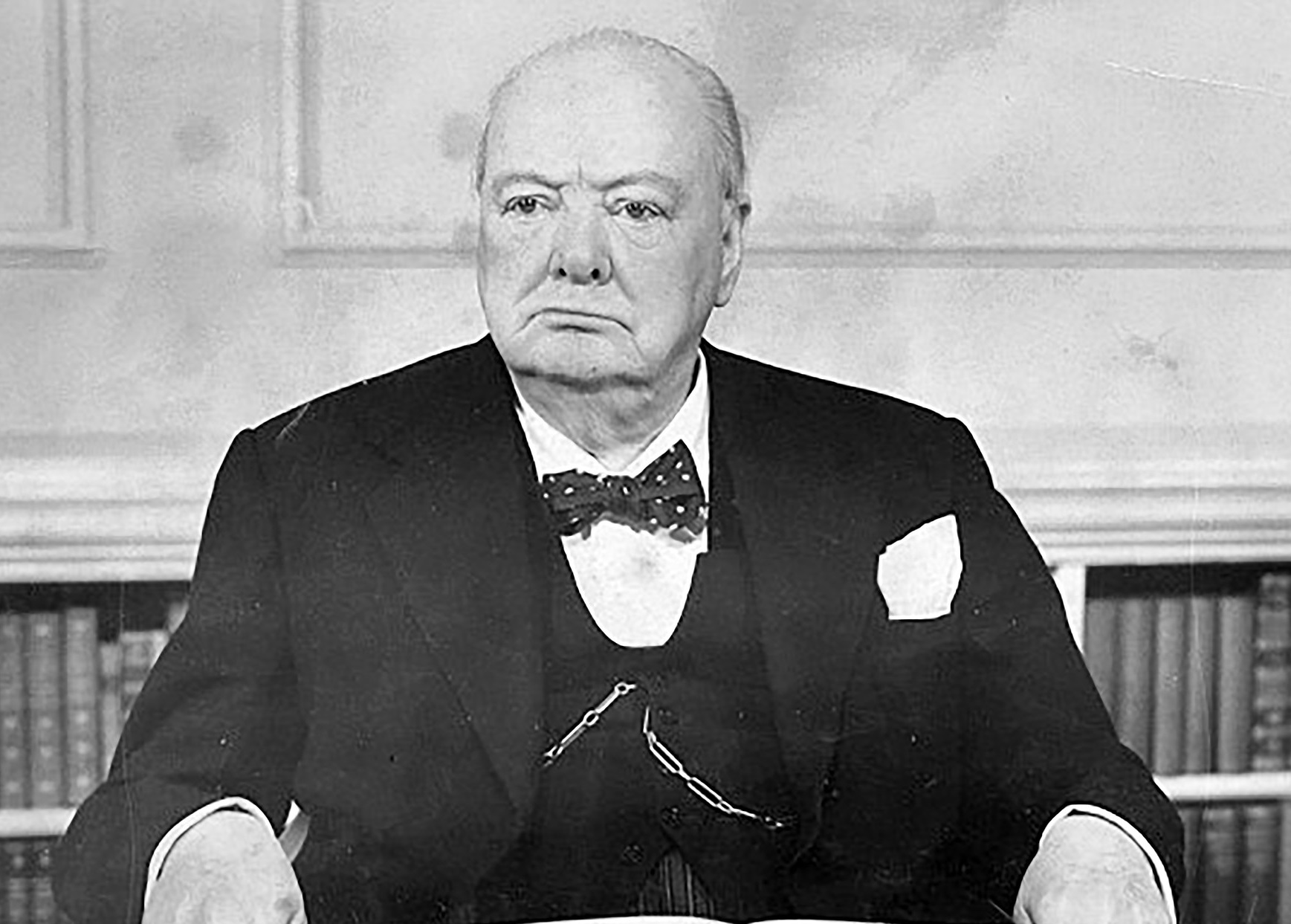Embrace your weird
Throughout history, these exceptional individuals were known for their eccentric habits that they believed contributed to their success. From unconventional routines to odd quirks, these famous figures prove that sometimes embracing your weird is the key to success.
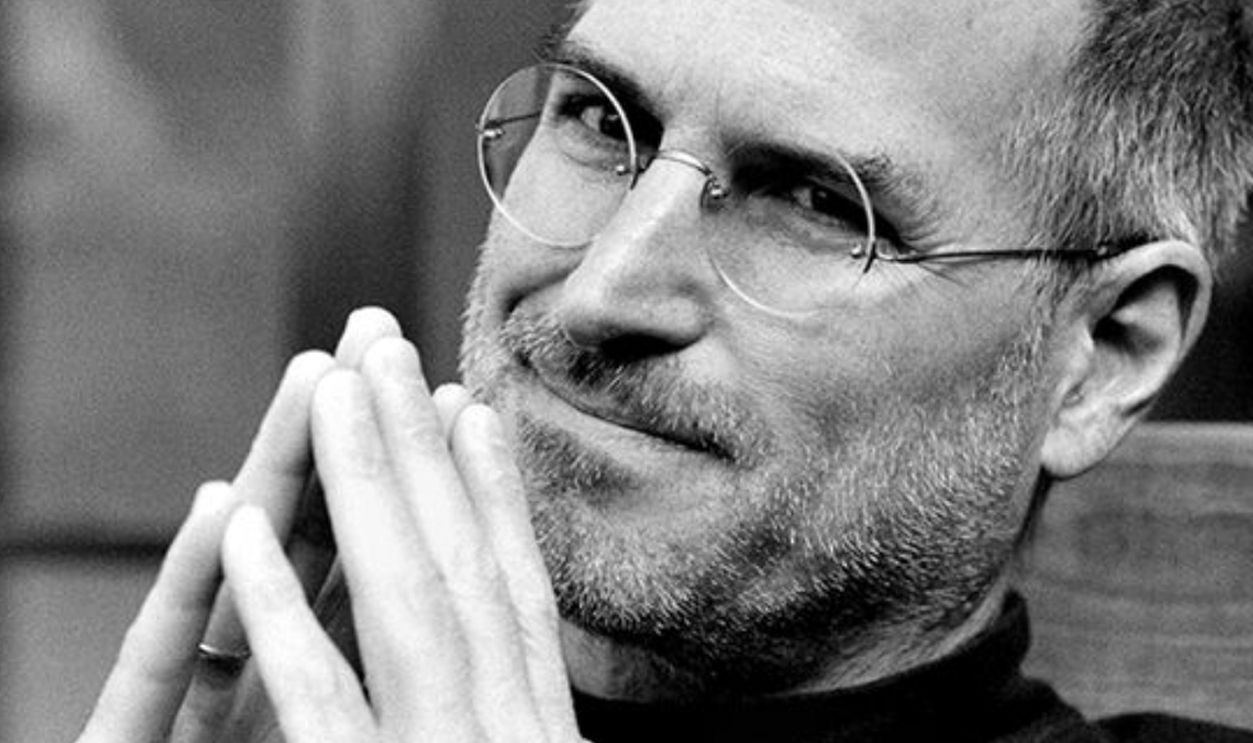
Agatha Christie
Agatha Christie is famous for her intricate mystery stories. She often ate apples in the bathtub to enhance her creativity. This unique habit helped her develop complex plots and characters that have captivated readers.
Alexander Graham Bell
Alexander Graham Bell may have invented the telephone, but he avoided having one in his study to maintain focus and productivity. He believed constant interruptions would hinder his work and experiments.
Albert Einstein
Albert Einstein is known for his physics breakthroughs—and his many quirky habits. He picked up used cigarette butts to smoke later and also hated wearing socks, deeming them bothersome.
Andy Warhol
Andy Warhol, a renowned pop artist, stored various items in boxes known as "time capsules." He would gather everyday objects and personal belongings from his day-to-day life to preserve different stages of his growth.
Anthony Trollope
Anthony Trollope is a Victorian-era author who wrote books with a structured schedule, dividing his time into 15-minute segments monitored by his pocket watch. This method helped maintain consistent writing and high productivity.
Benjamin Franklin
Benjamin Franklin practiced a unique daily routine known as an "air bath" where he sat naked in front of an open window. He believed this helped to clear his mind and boost productivity in science, politics, and literature.
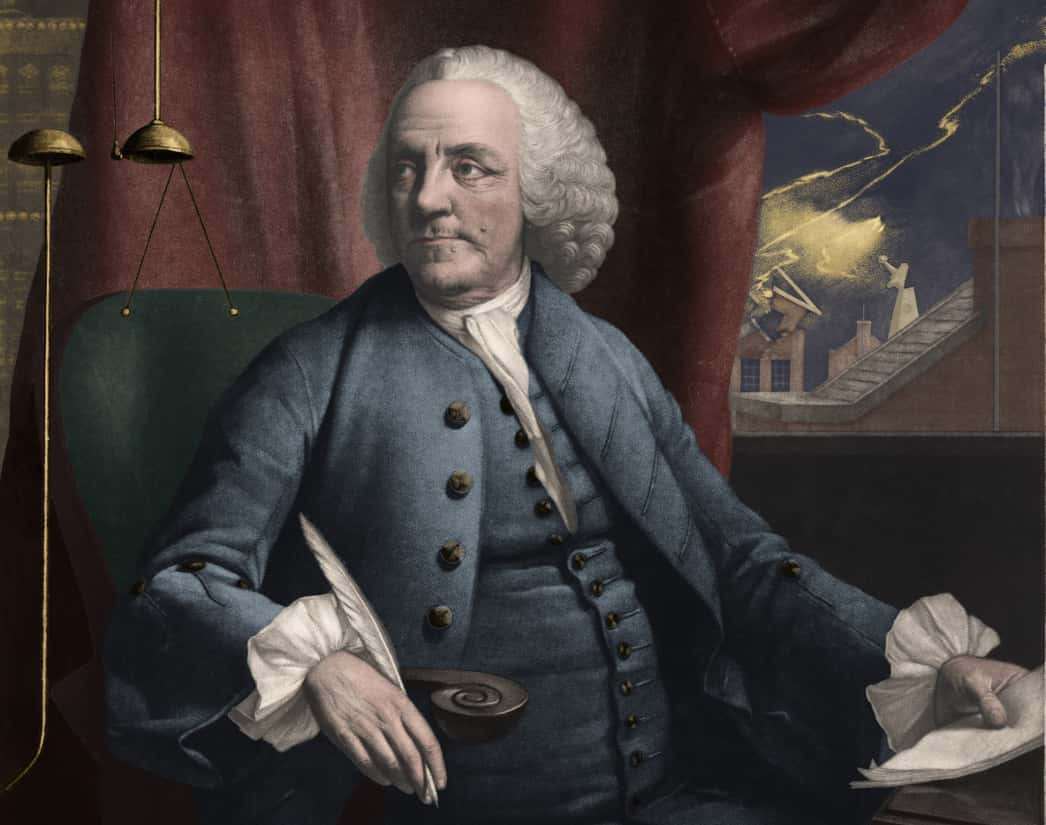 Everett Collection, Shutterstock
Everett Collection, Shutterstock
Carl Jung
Carl Jung would carve and inscribe stones with symbols, images, and phrases. This allowed him to externalize his unconscious thoughts and incorporate his profound perceptions into psychology and the human soul.
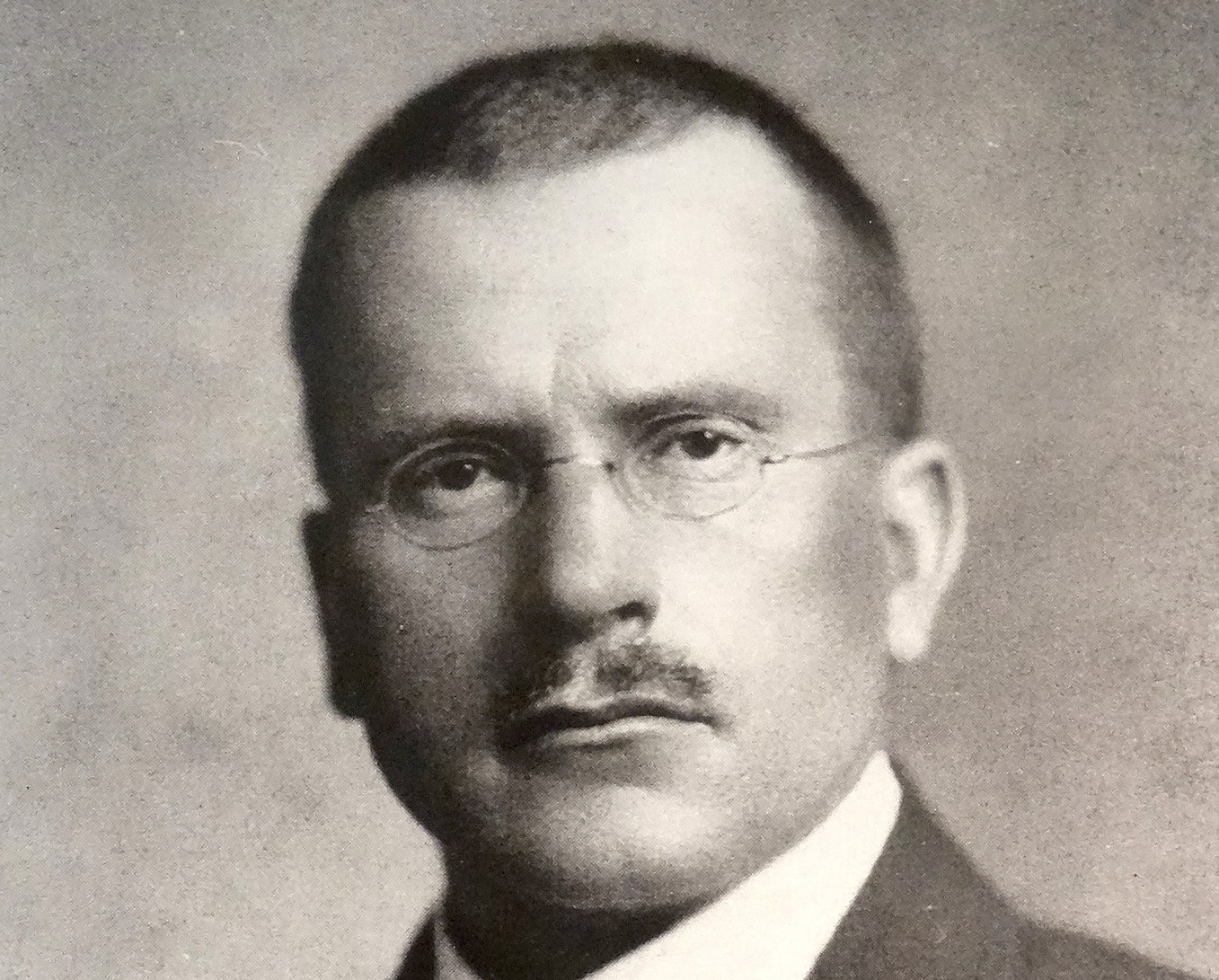 Unknown Author, Wikimedia Commons
Unknown Author, Wikimedia Commons
Charles Dickens
Charles Dickens had a peculiar superstition of sleeping with his head facing north to boost his writing abilities. This stemmed from his fascination with geomancy and spiritual influences.
Dan Brown
Dan Brown, famous for his suspense novels, relaxes upside down with inversion boots, finding inspiration. He claims this helps him reduce stress and create intricate storylines.
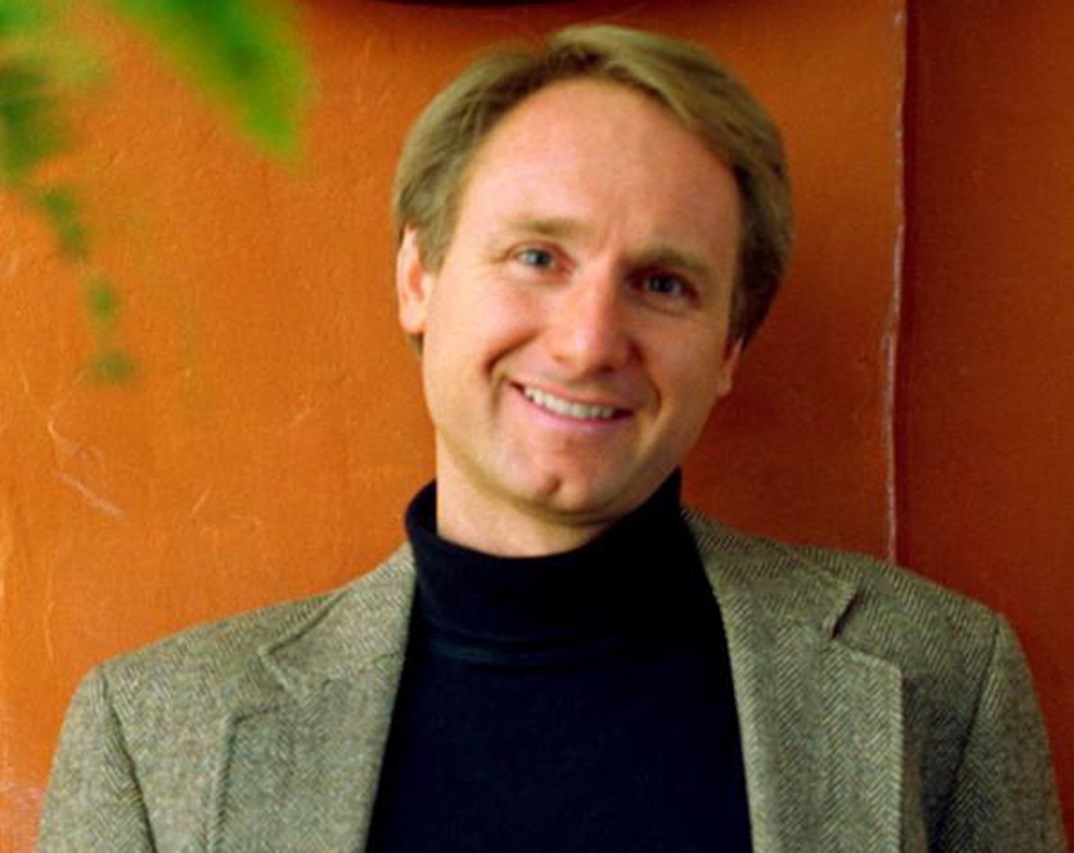 Philip Scalia, CC BY-SA 3.0, Wikimedia Commons
Philip Scalia, CC BY-SA 3.0, Wikimedia Commons
Franz Kafka
Franz Kafka had one habit that helped him to write better. He habitually wrote late at night, focusing between 10 pm and 3 am. His stories often delved into themes of isolation and identity.
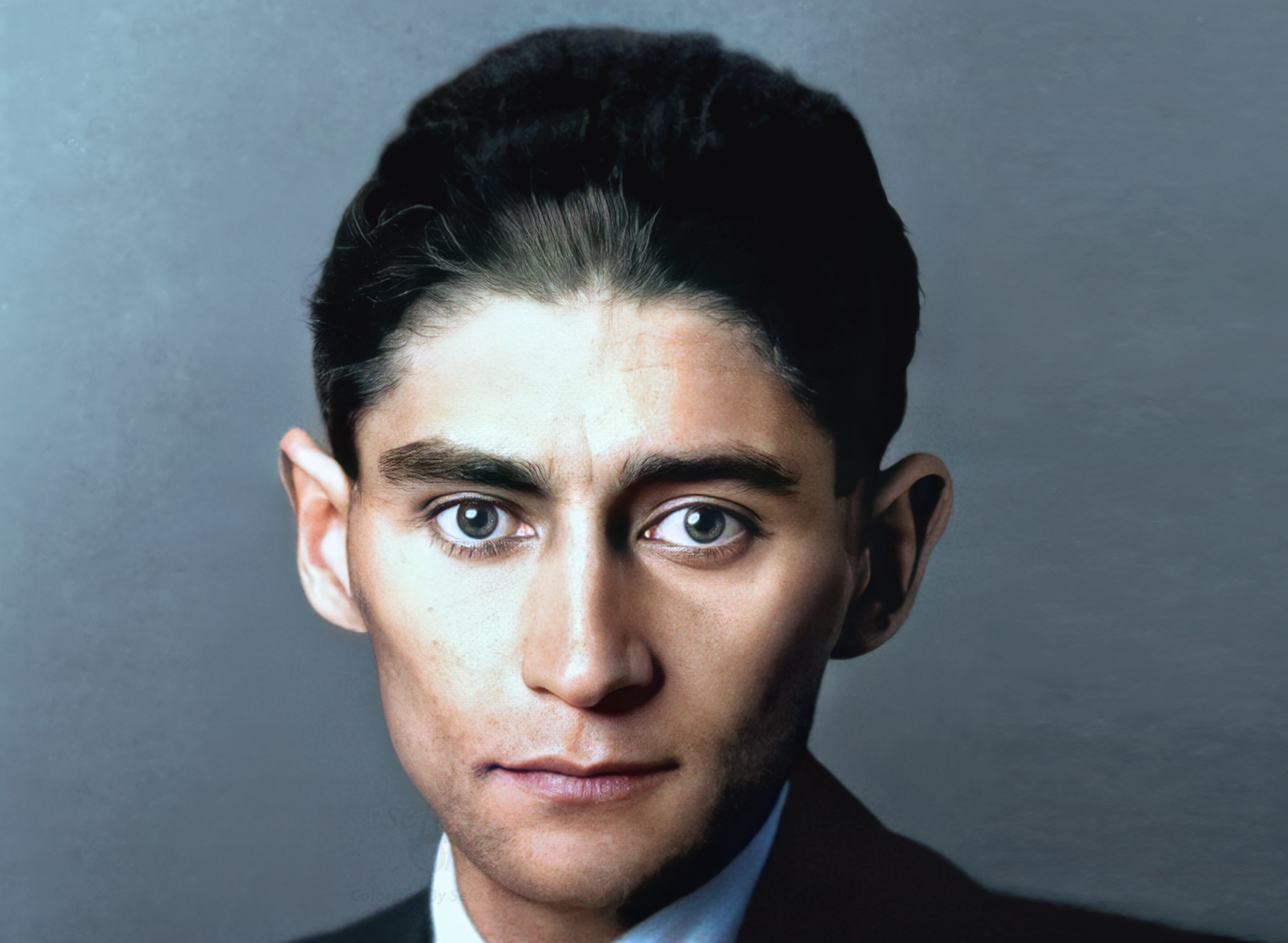 socolorization, CC BY-SA 4.0, Wikimedia Commons
socolorization, CC BY-SA 4.0, Wikimedia Commons
Franz Liszt
Franz Liszt was a renowned pianist and composer of the Romantic period. He believed styling his hair before composing was crucial for writing and composing music.
Friedrich Schiller
German poet, philosopher, and playwright Friedrich Schiller stored rotten apples in his desk for creative inspiration. He believed their strong smell enhanced his writing by connecting sensory experiences with emotions and thoughts.
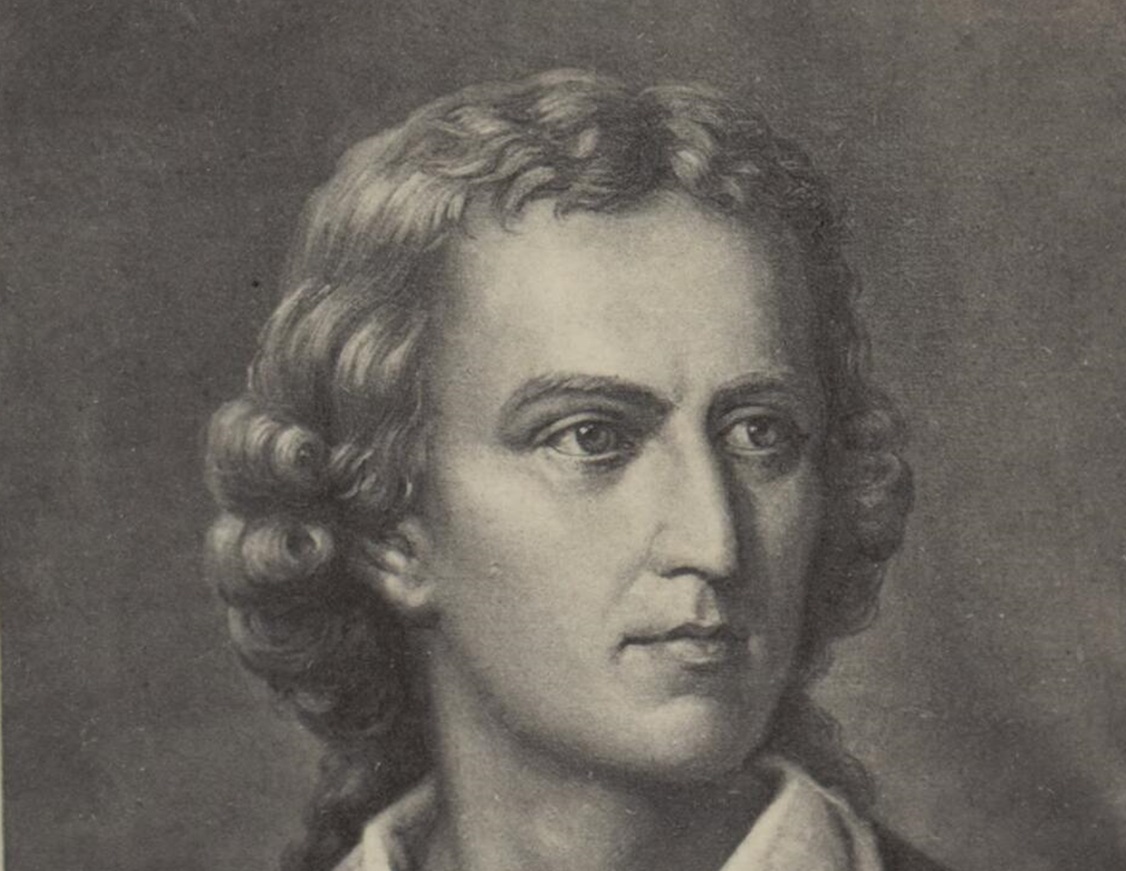 National Library of Wales, Wikimedia Commons
National Library of Wales, Wikimedia Commons
Haruki Murakami
Haruki Murakami is a renowned Japanese writer known for his surreal novels. He runs 10 km or swims 1500 m daily to stay in good physical and mental shape, beleiving that a maintaining a healthy, active body promotes creativity.
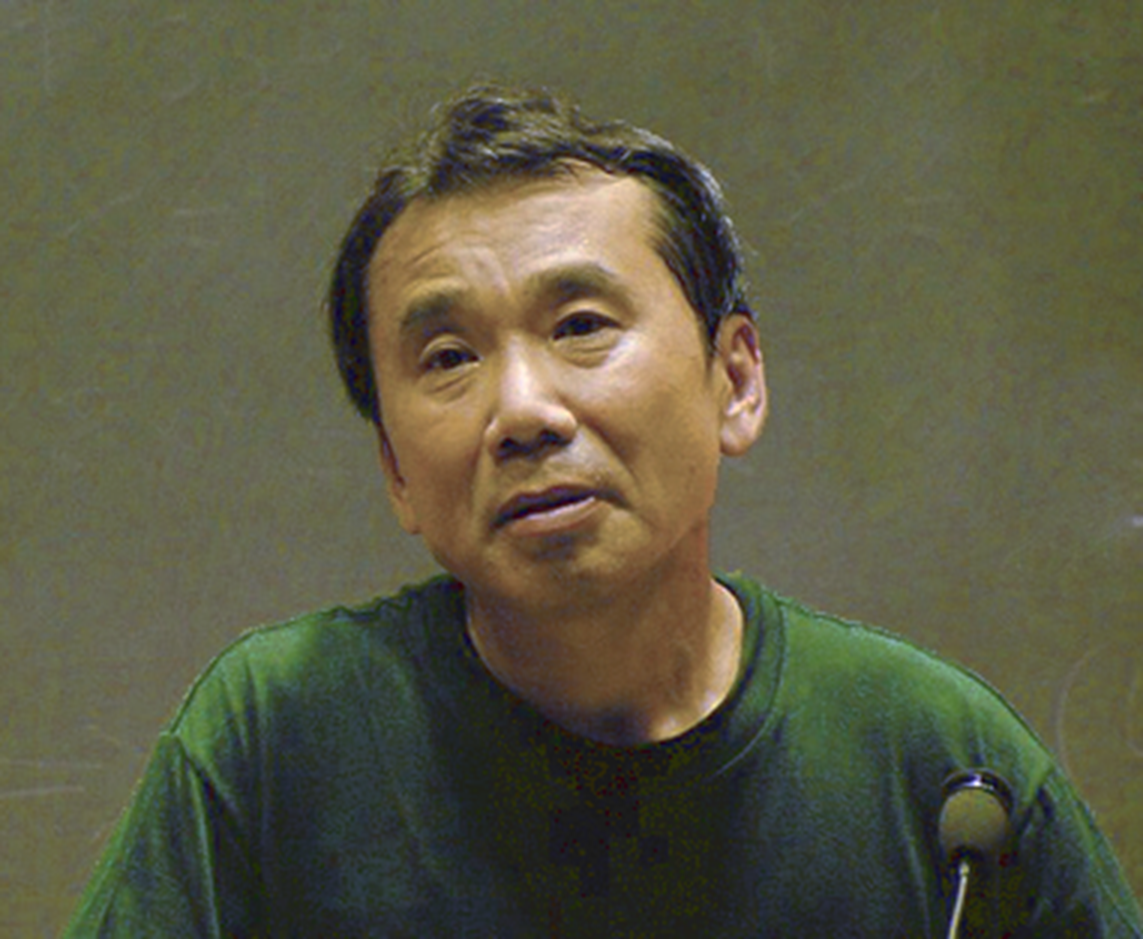 wakarimasita, CC BY-SA 3.0, Wikimedia Commons
wakarimasita, CC BY-SA 3.0, Wikimedia Commons
Honoré de Balzac
Honoré de Balzac, the famed 19th-century French writer, was known for his peculiar habit of drinking up to 50 cups of coffee daily to increase his productivity and creativity.
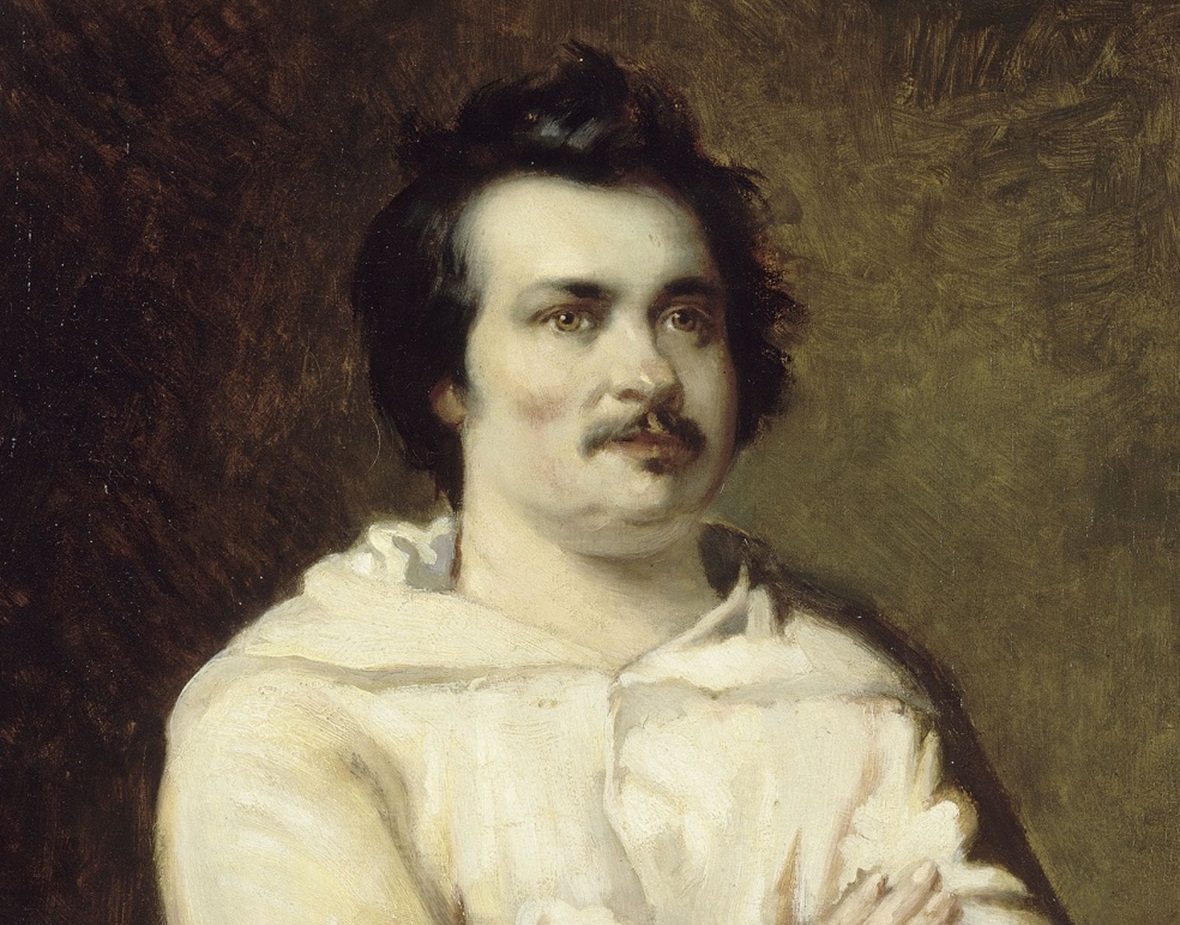 Maxime Dastugue, Wikimedia Commons
Maxime Dastugue, Wikimedia Commons
Howard Hughes
Howard Hughes, the eccentric billionaire and aviation innovator, developed strange habits in his later years. He isolated himself, obsessed over cleanliness, collected his urine, and wore tissue boxes on his feet due to a fear of germs.
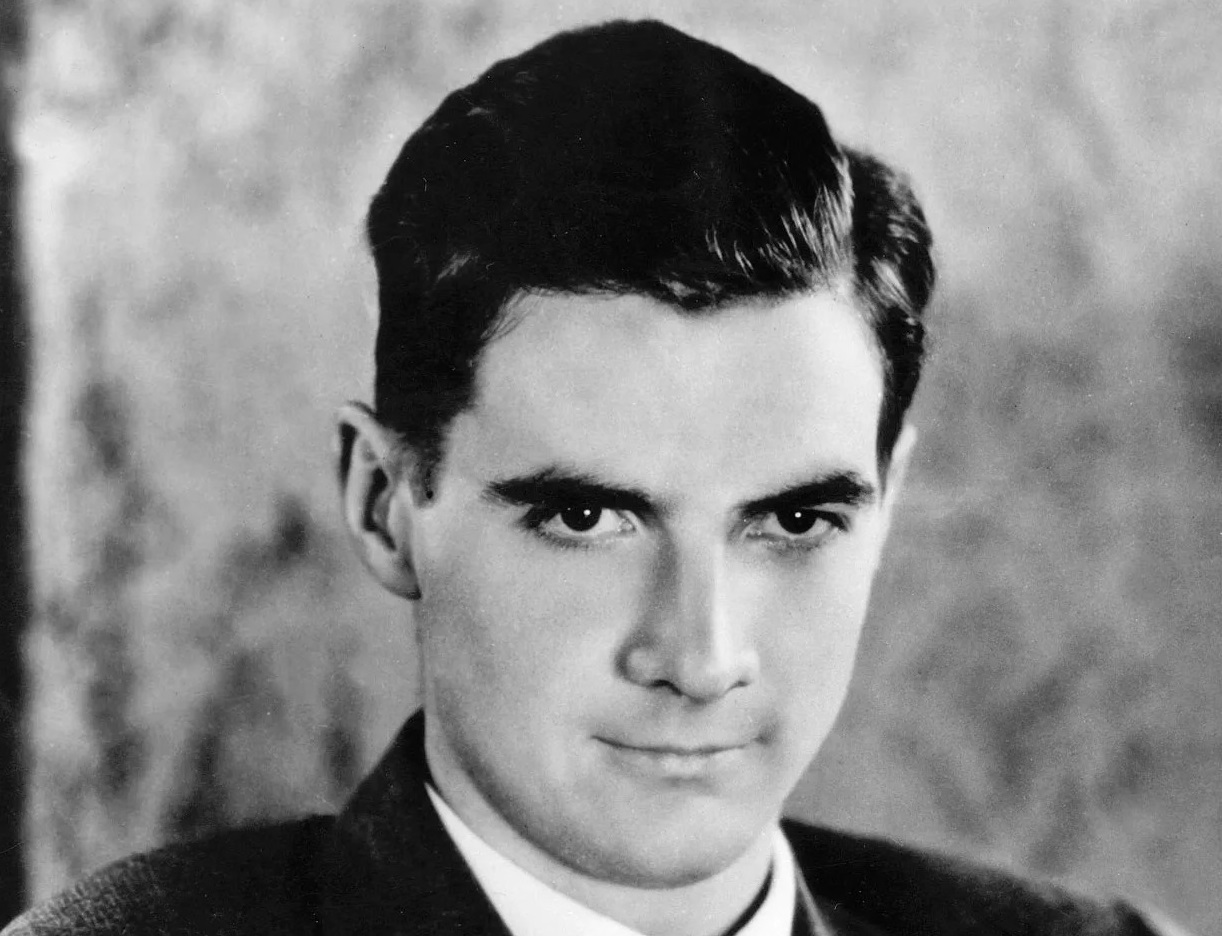 Unknown Author, Wikimedia Commons
Unknown Author, Wikimedia Commons
Isaac Newton
Isaac Newton was a pioneer in physics and mathematics. One of his weirdest studies involved e often putting needles in his eye sockets to study optics and vision.
John Steinbeck
John Steinbeck won the Pulitzer Prize for his novels "The Grapes of Wrath" and "Of Mice and Men." Perhaps the key to his success was his quirky habit of using 12 sharpened pencils daily. He always emphasized the importance of having quality writing materials at hand.
Leonardo da Vinci
Leonardo da Vinci, a Renaissance polymath, practiced polyphasic sleep by taking short naps throughout the day and night to remain alert, boost his creativity, and sharpen his focus.
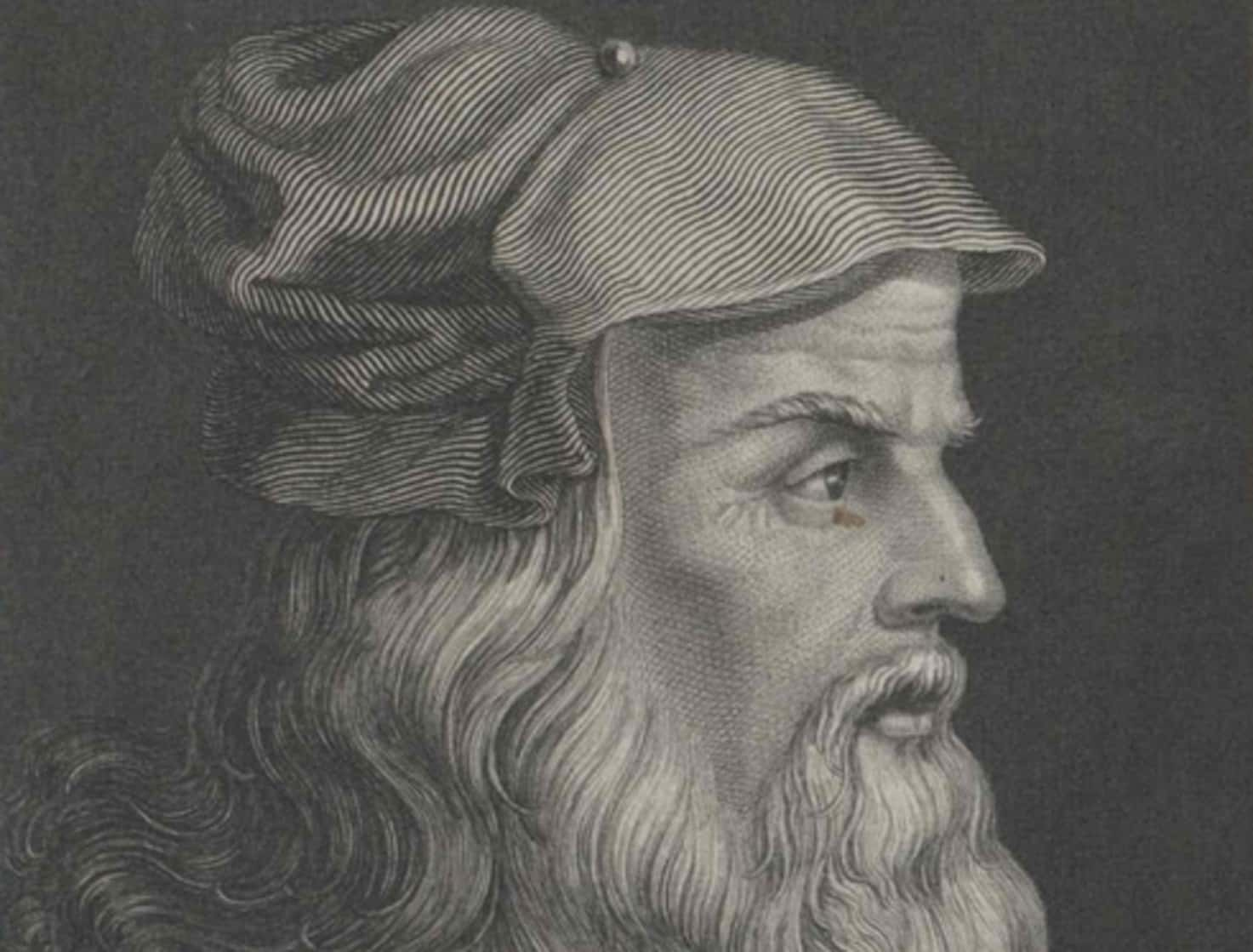 Austrian National Library, Picryl
Austrian National Library, Picryl
Ludwig van Beethoven
Beethoven would always compose while drinking a cup of coffee. He would meticulously count 60 coffee beans per cup, believing that doing so would fuel creativity during composing sessions.
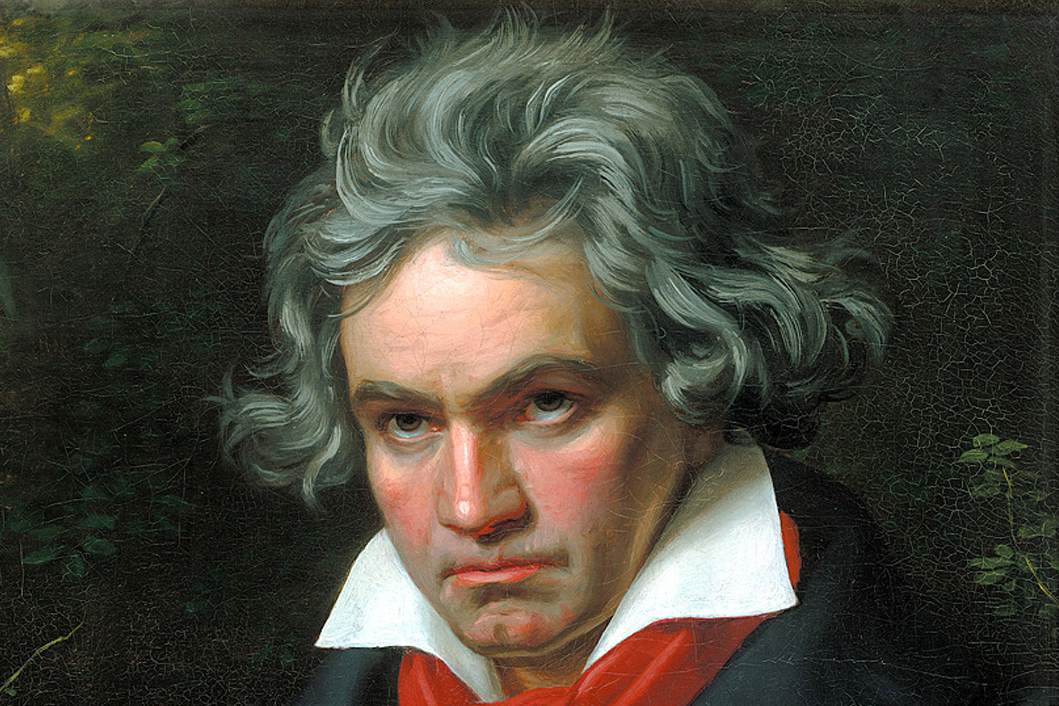 Royal Opera House Covent Garden, Flickr
Royal Opera House Covent Garden, Flickr
Ludwig Wittgenstein
Ludwig Wittgenstein, renowned for his philosophical work, employed a secretive writing style, using code or shorthand to conceal his writings. He believed his success depended on keeping his thoughts private.
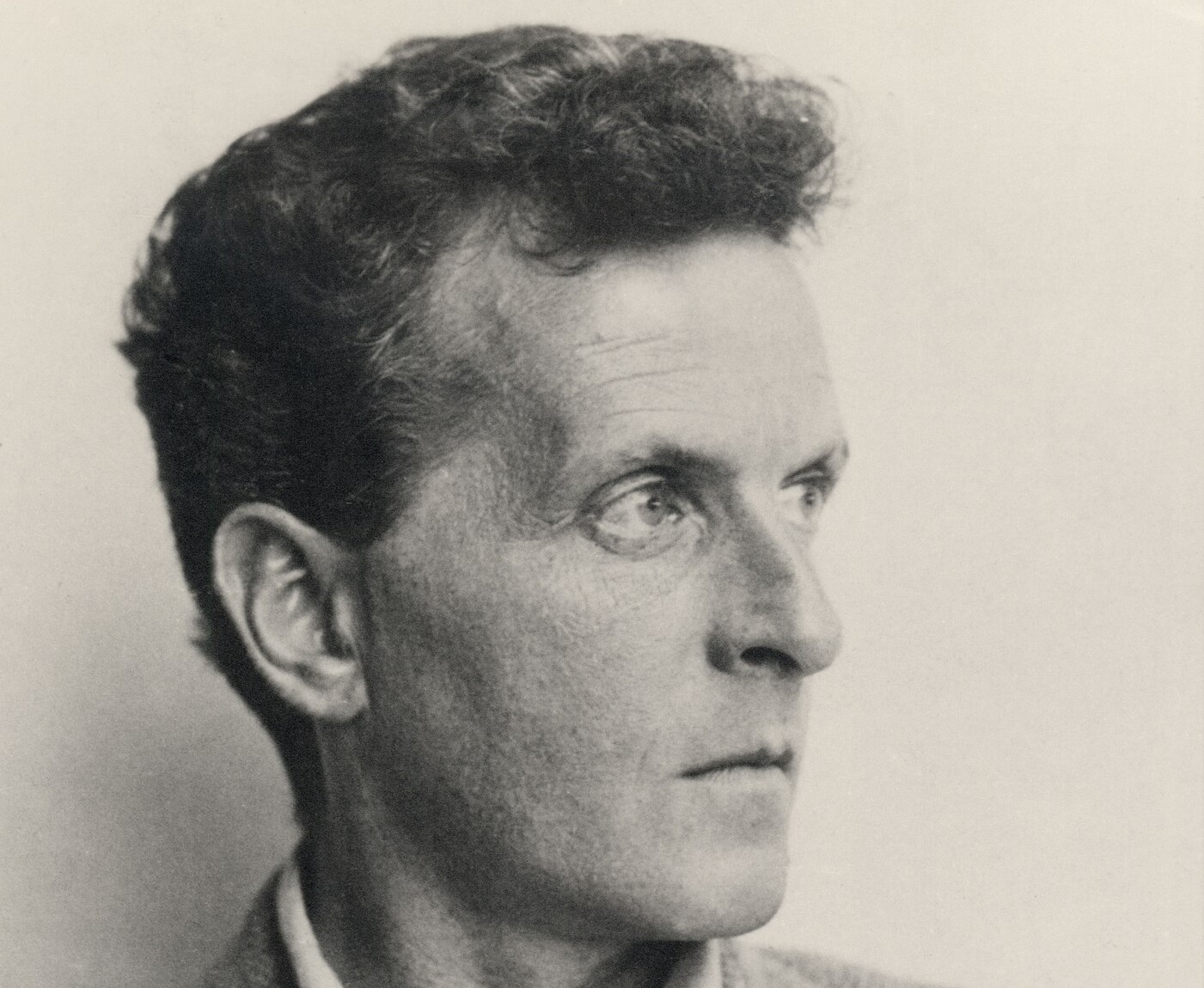 Moritz Nähr, Wikimedia Commons
Moritz Nähr, Wikimedia Commons
Marcel Proust
Marcel Proust wrote most of his masterpiece "In Search of Lost Time" while lying in bed. He believed the relaxing position it helped him focus on memories and characters.
 ManoSolo13241324, CC BY-SA 4.0, Wikimedia Commons
ManoSolo13241324, CC BY-SA 4.0, Wikimedia Commons
Mark Zuckerberg
Mark Zuckerberg, Facebook (now Meta) CEO, opts for a simple fashion style of wearing a gray t-shirt and jeans daily. He does this to reduce decision fatigue and focus more effectively on making strategic decisions for his company.
 TechCrunch, CC BY 2.0, Wikimedia Commons
TechCrunch, CC BY 2.0, Wikimedia Commons
Maya Angelou
Maya Angelou often booked hotel rooms for writing. She preferred a simple, distraction-free environment to focus on her work, allowing her ideas and emotions to flow freely.
Michael Jackson
Michael Jackson had many weird habits, but perhaps his weirdest one was his use of a hyperbaric oxygen chamber to maintain his health and youthful appearance.
Mikhail Bulgakov
Mikhail Bulgakov, the Russian writer famous for "The Master and Margarita," used hypnosis to overcome writer's block. He believed it could enhance creativity and remove the mental obstacles hindering his writing process.
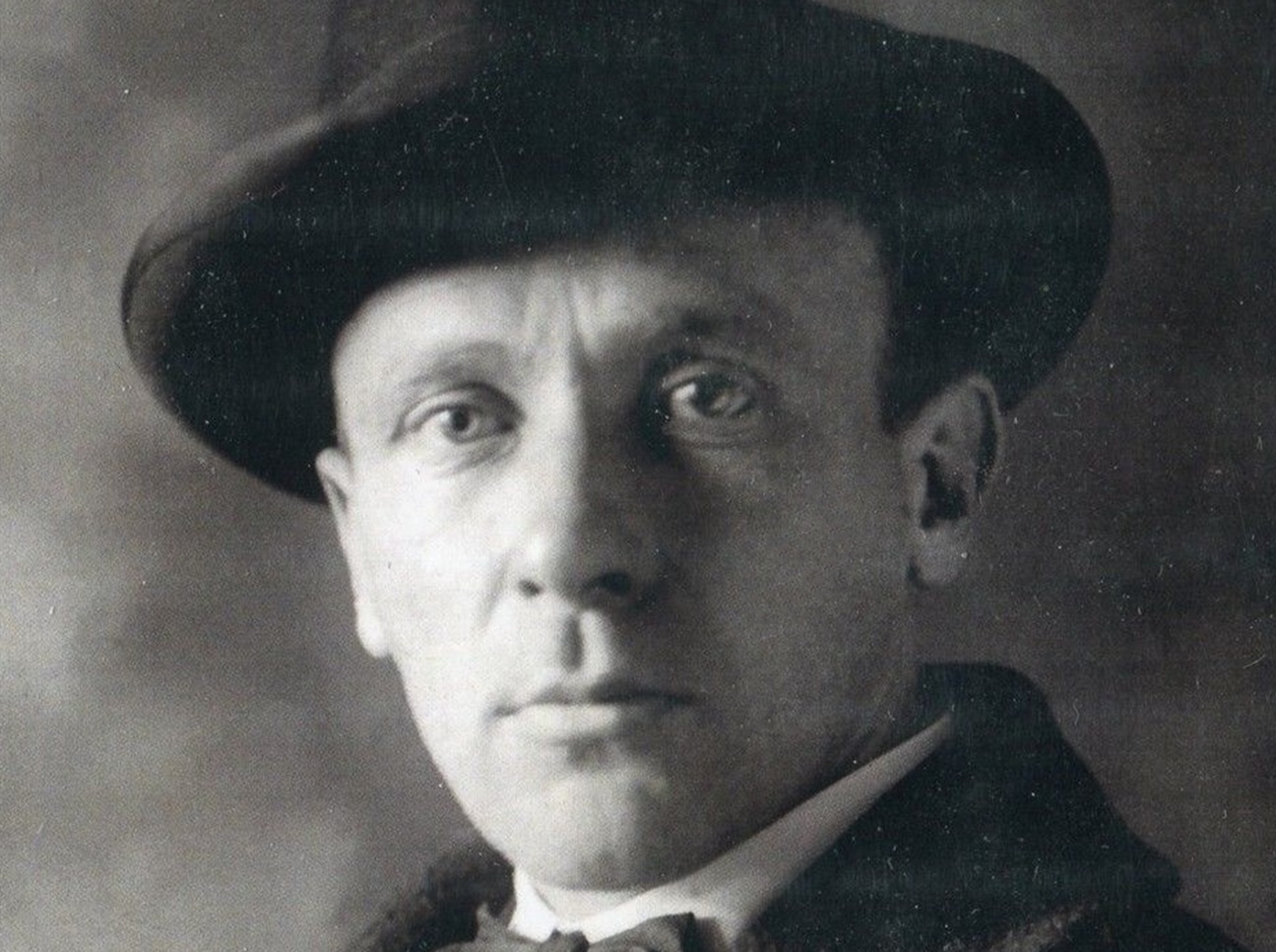 http://www.proza.ru/2010/12/16/1565, Wikimedia Commons
http://www.proza.ru/2010/12/16/1565, Wikimedia Commons
Nikola Tesla
Nikola Tesla, the famous inventor, used to limit his sleep to two hours a night to improve his efficiency. He also believed in odd habits like toe-curling 100 times on each foot every night before sleeping to boost brain activity.
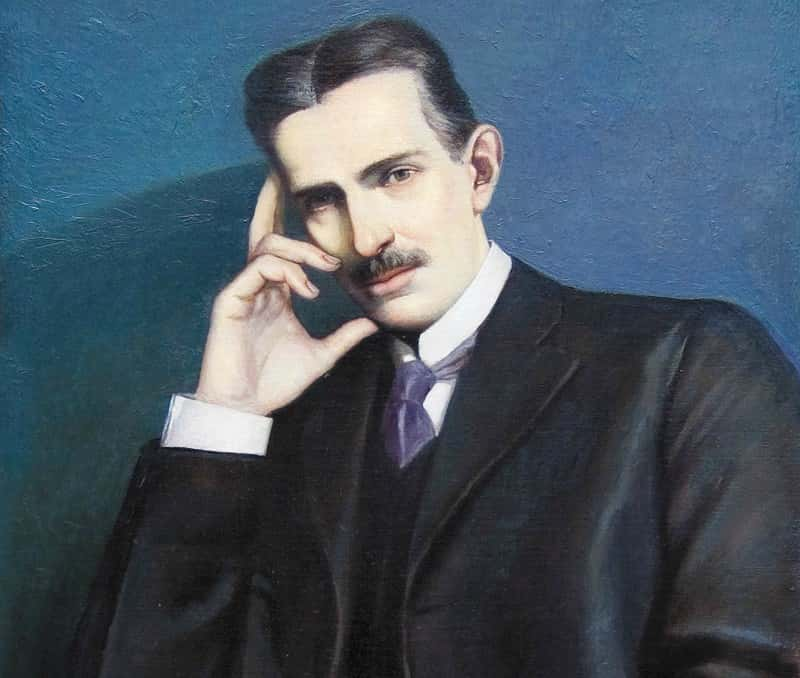 Wikimedia Commons, Ivan Veličković
Wikimedia Commons, Ivan Veličković
Pablo Picasso
Pablo Picasso stored a gun loaded with blanks in his studio and would shoot anyone he deemed dull. He was inspired by the life of Alfred Jerry who did the same, and his gun of choice was a Browning revolver.
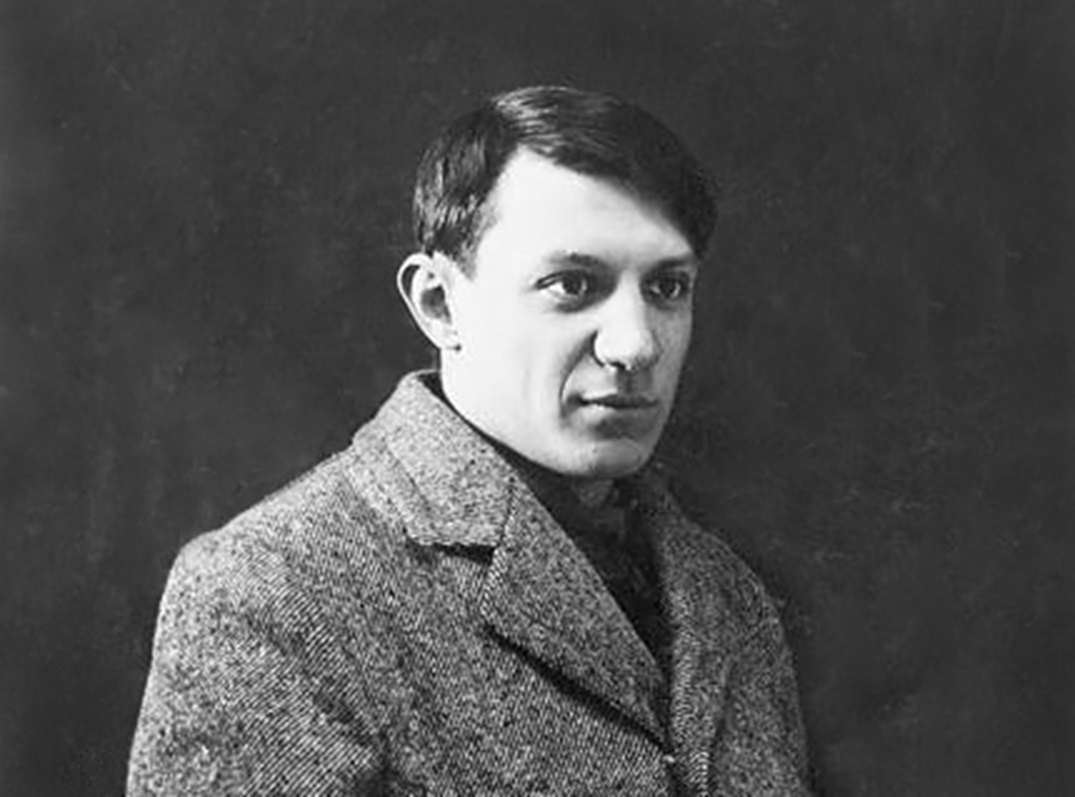 Unknown Author, Wikimedia Commons
Unknown Author, Wikimedia Commons
Philippe Petit
Philippe Petit became famous for his tightrope walk between the Twin Towers. Before his successful attempt, he would practice on slim cables, constantly practicing his tightroping.
Salvador Dalí
Salvador Dalí employed a unique method to tap into his unconscious artistic thoughts. He held a heavy key while falling asleep, allowing it to drop and startle him as he reached the hypnagogic state. This approach helped him remember vivid dream imagery and translate it into his artwork.
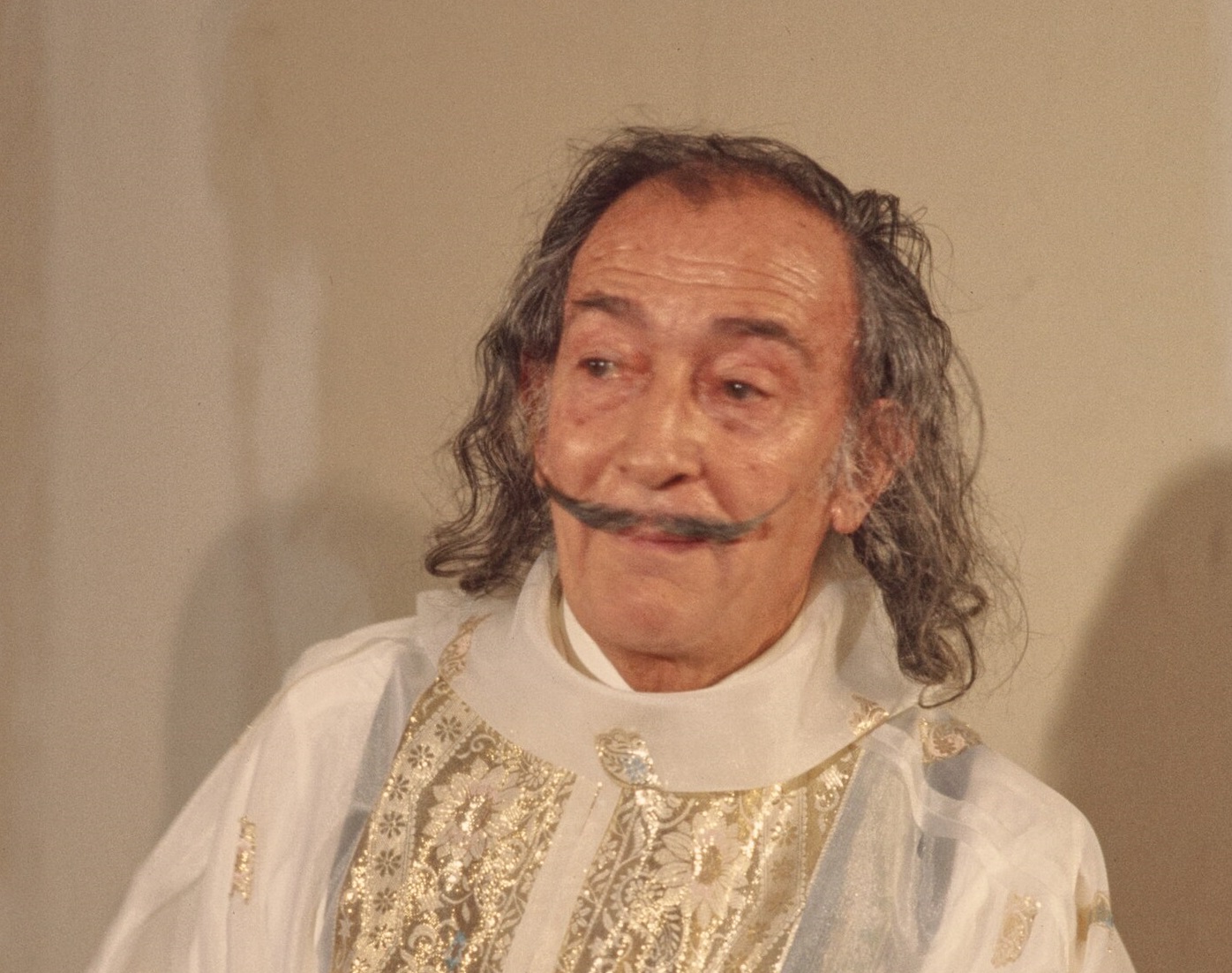 Bernard Gotfryd, Wikimedia Commons
Bernard Gotfryd, Wikimedia Commons
Stephen King
Stephen King maintains a regular writing schedule and always keeps his desk in the same location, no matter where he lives. This helps him establish a familiar setting to support his creativity and ensure consistency in his writing.
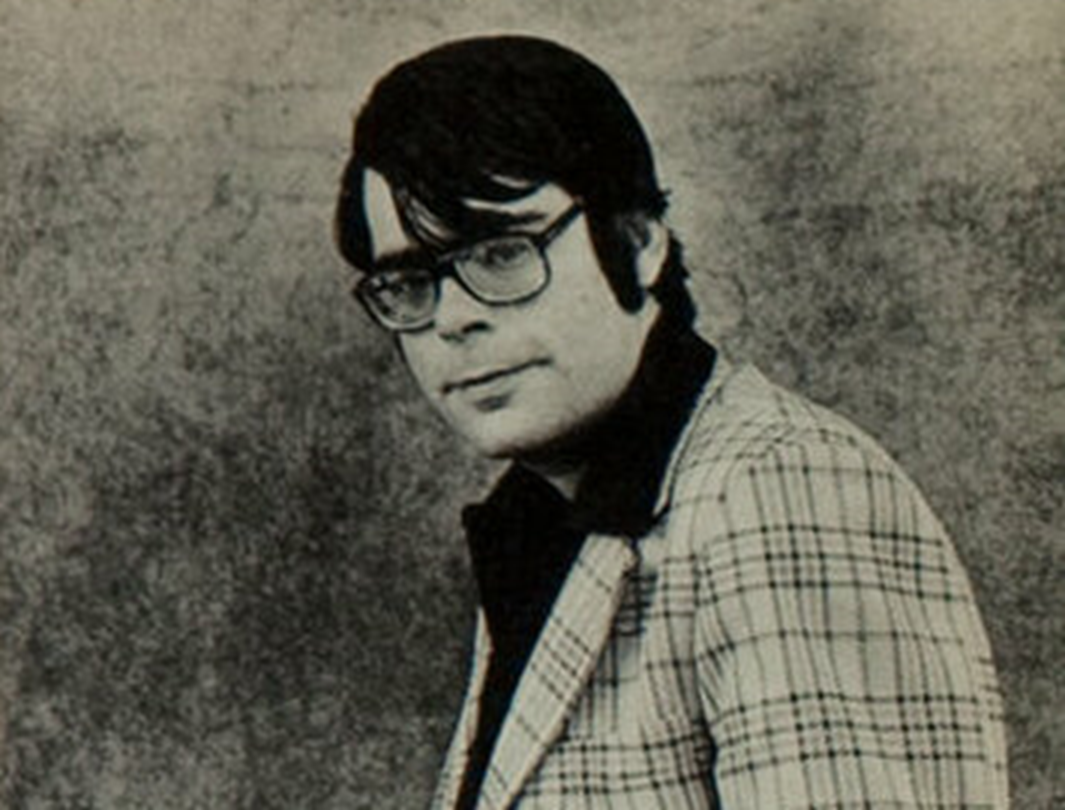 Alex Gotfryd, Wikimedia Commons
Alex Gotfryd, Wikimedia Commons
Steve Jobs
Steve Jobs ate primarily fruits to prevent body odor and reduce the need for frequent bathing. He put much trust in the internal purifying benefits of fruit and believed it helped his productivity.
Thomas Edison
Thomas Edison designed an unusual interview test for potential hires. By observing if candidates salted their soup before trying it, he believed it showed a lack of the patience and discernment required for his lab.
Thomas Wolfe
American author Thomas Wolfe, known for his verbose style and epic narratives, preferred writing standing up at his fridge. This unconventional practice helped him stay mentally focused, especially while brainstorming.
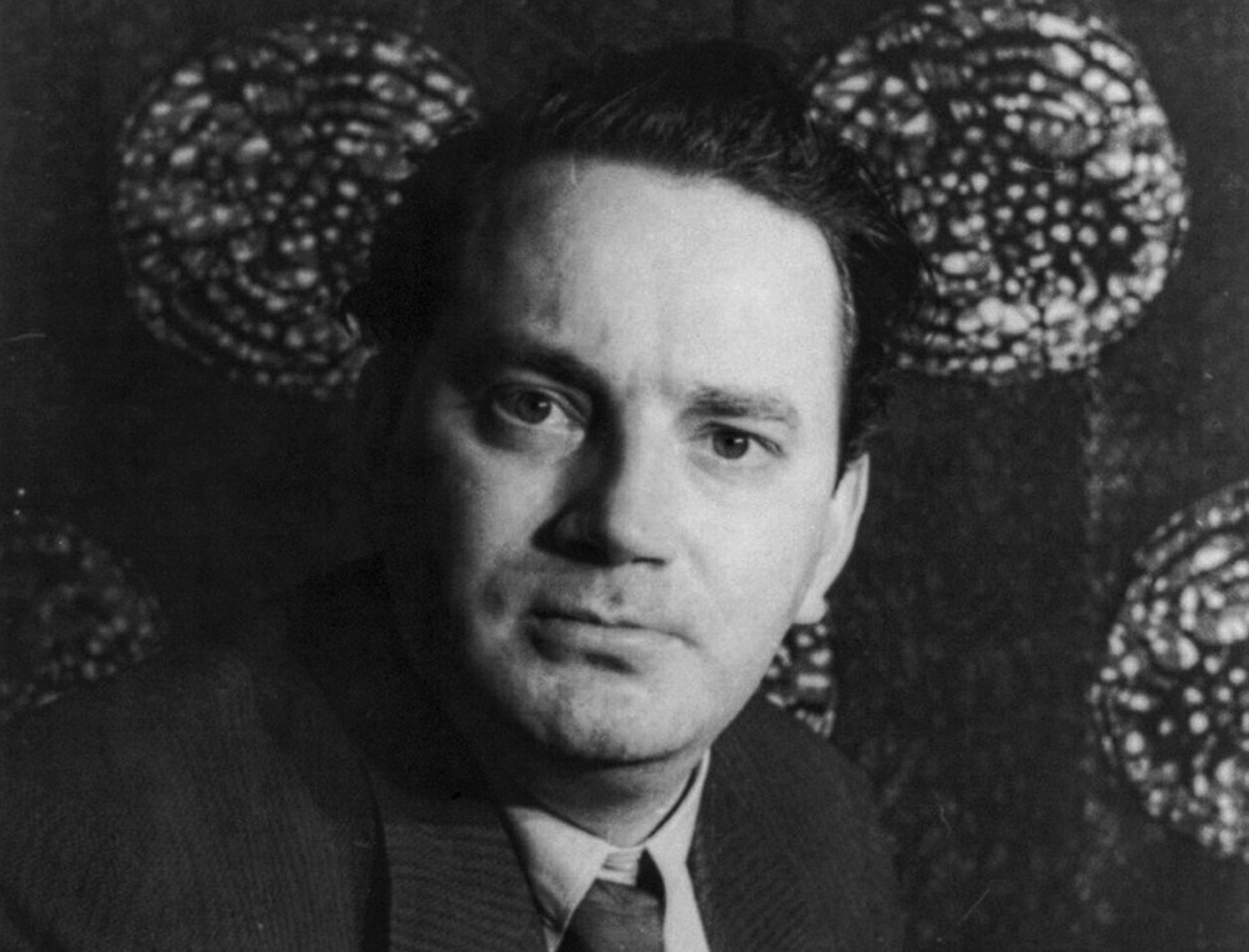 Carl Van Vechten, Wikimedia Commons
Carl Van Vechten, Wikimedia Commons
Truman Capote
Truman Capote preferred to write while lying down with a pencil and legal pad. He claimed this habit helped him expand his creative thinking and hone in his storytelling abilities.
Victor Hugo
Victor Hugo, the French writer of "Les Misérables" and "The Hunchback of Notre-Dame," wrote without clothes to stay focused and avoid leaving home. He said this method helped him immerse entirely in his literary works.
Walt Disney
Walt Disney used a unique method to develop characters—he would often speak to himself in different voices. This helped him develop unique character dialogues and expressions.
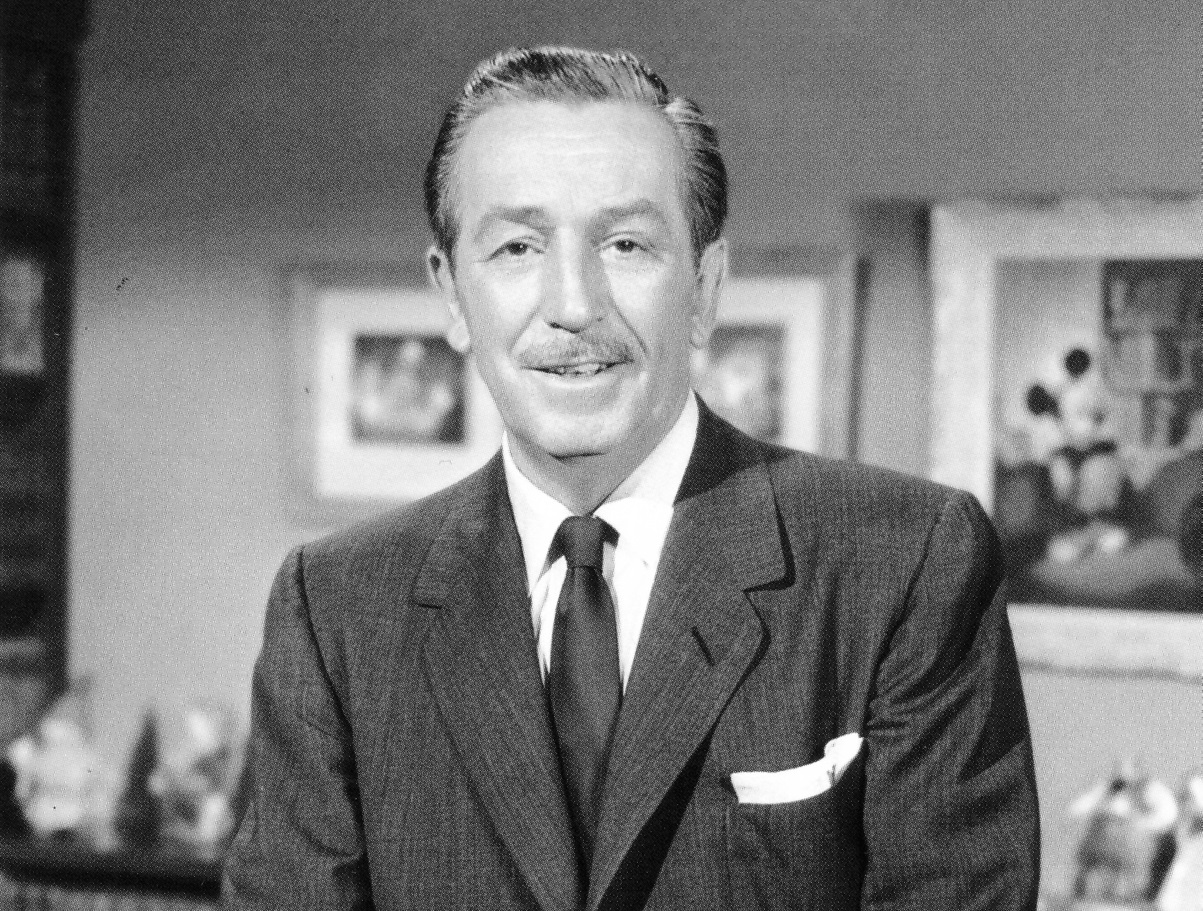 Unknown Author, Wikimedia Commons
Unknown Author, Wikimedia Commons
William Wordsworth
William Wordsworth found inspiration in his dog. He regularly read his poems to his dog, believing that strengthening his bond with his animal would enhance his writing.
Winston Churchill
Winston Churchill had ahabit of starting his day from his bed. He found getting his work started from bed helped him work efficiently and effectively.
Yoshiro Nakamatsu
Yoshiro Nakamatsu is a Japanese inventor with over 3,500 patents. He would often immerse himself in water, believing lower oxygen levels boosted brain function. While wearing unique diving gear, he developed innovative ideas in photograph and music.
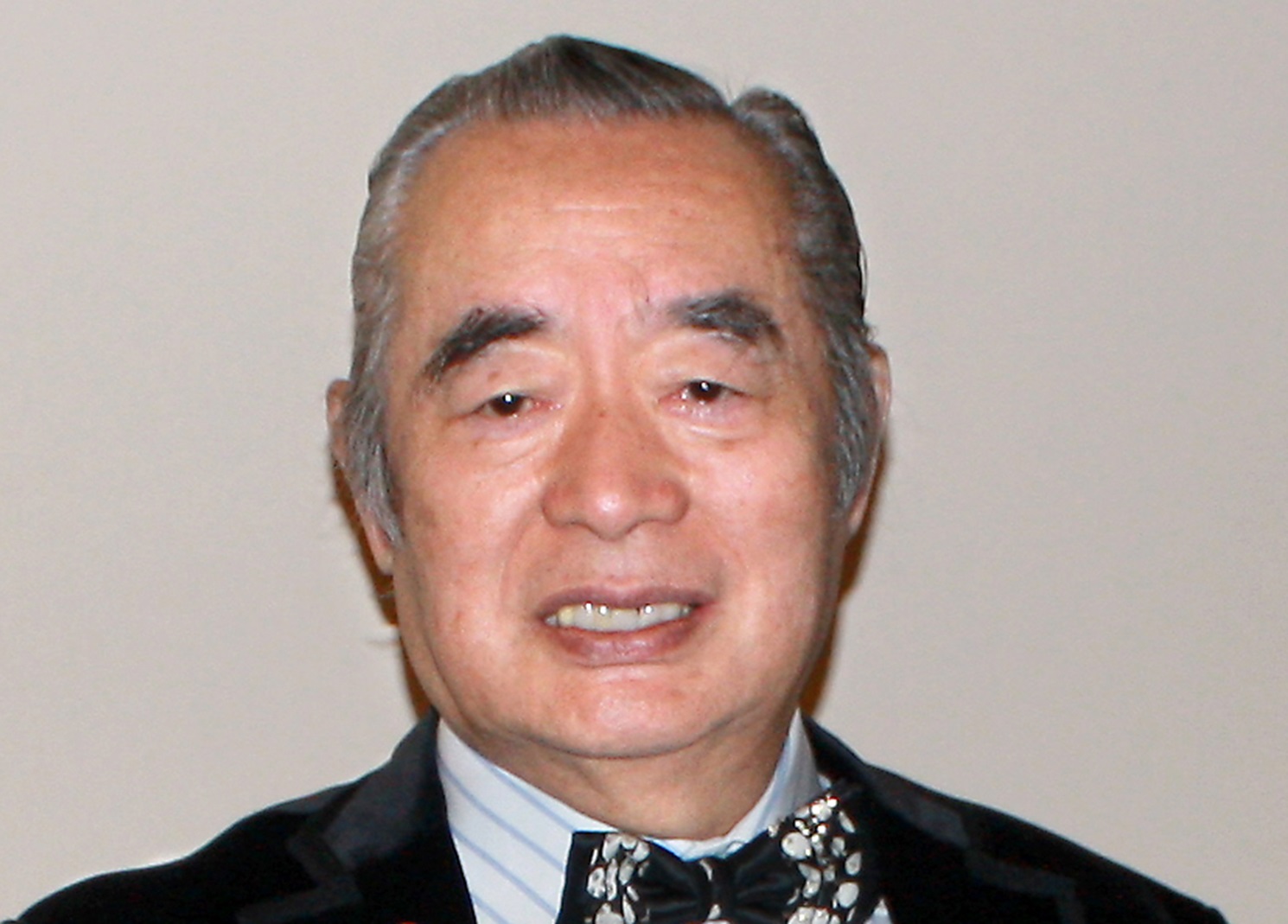 Ushuaia.pl, CC-BY-SA-3.0, Wikimedia Commons
Ushuaia.pl, CC-BY-SA-3.0, Wikimedia Commons

